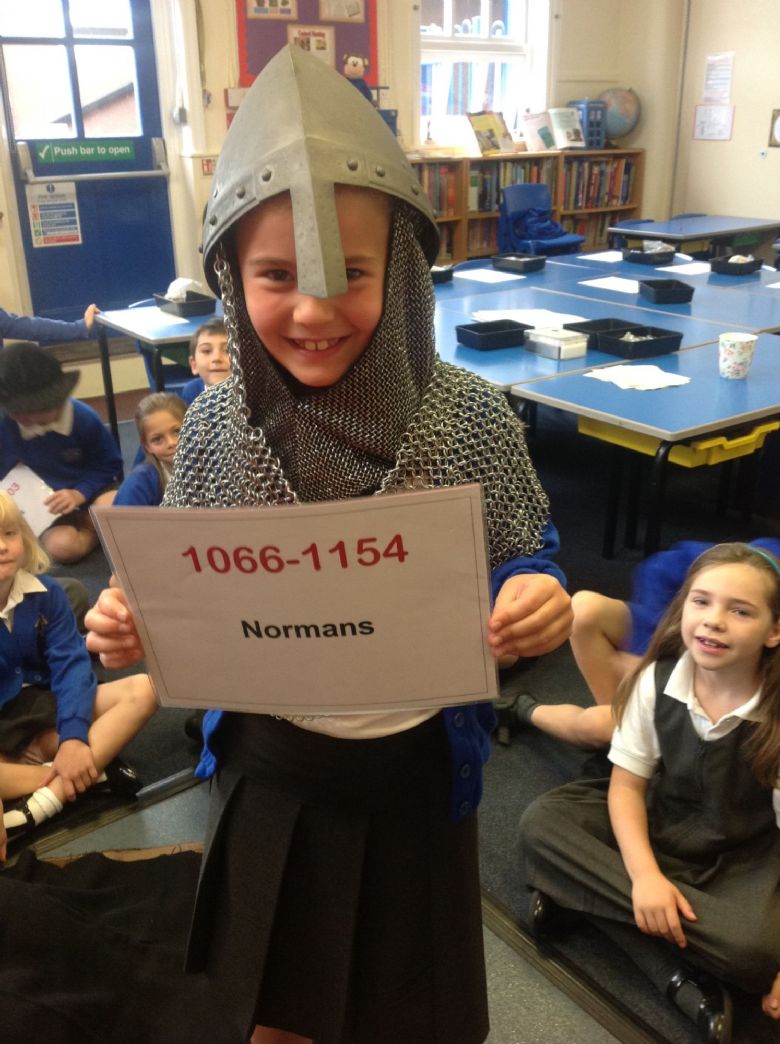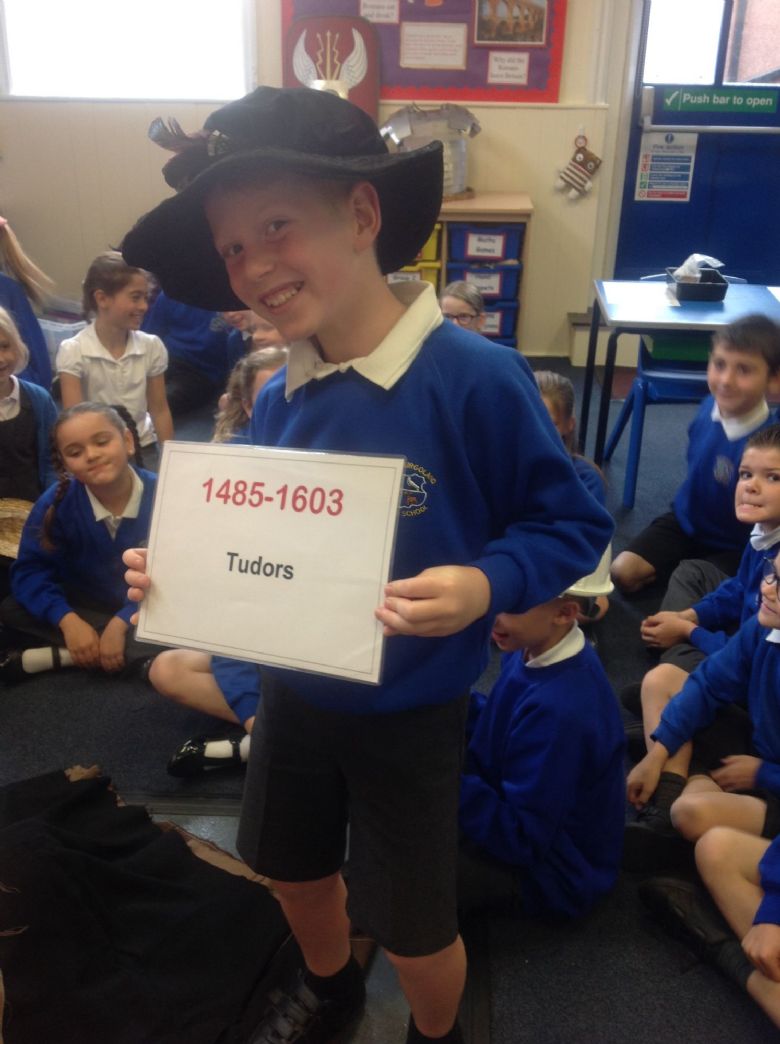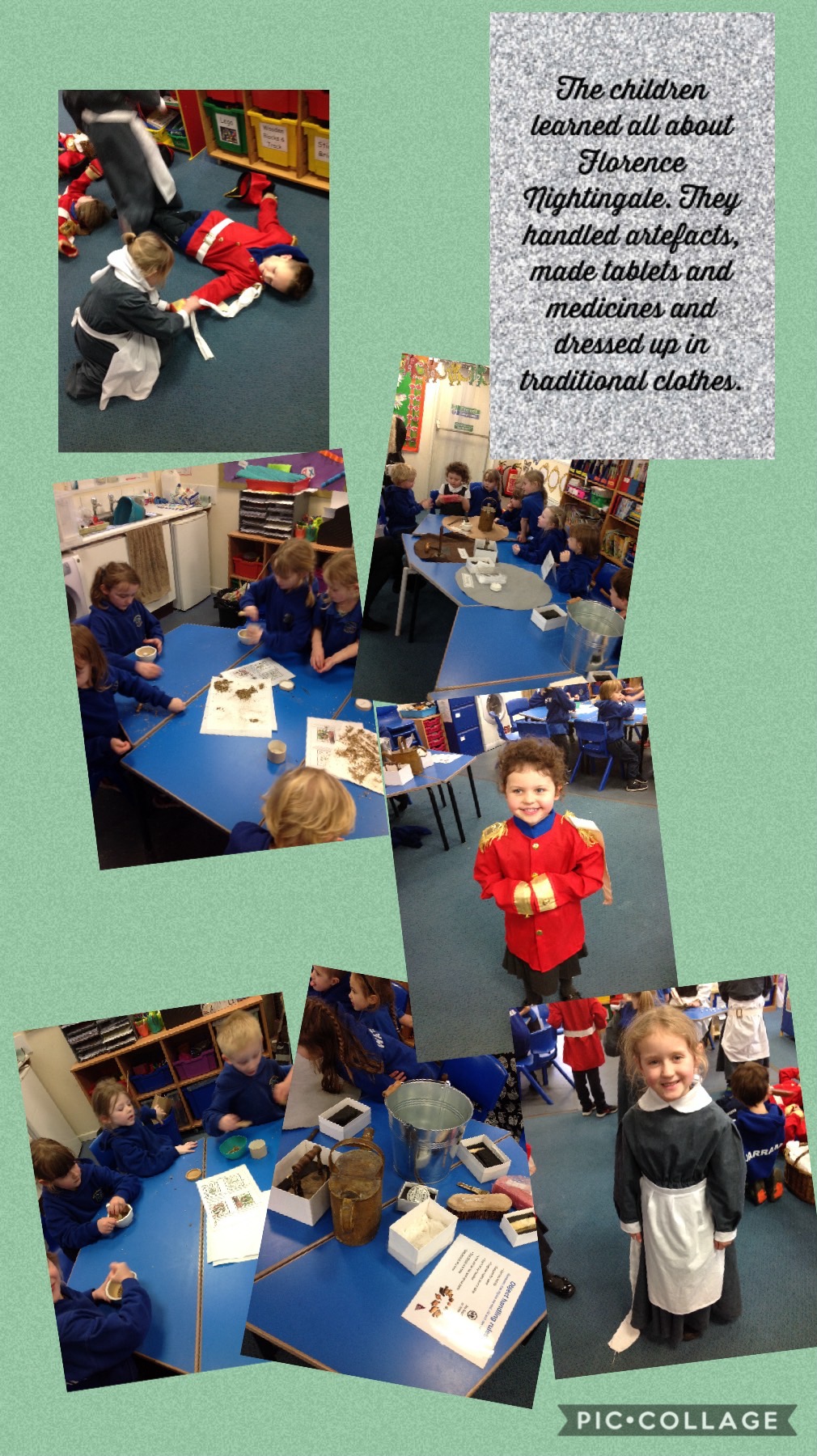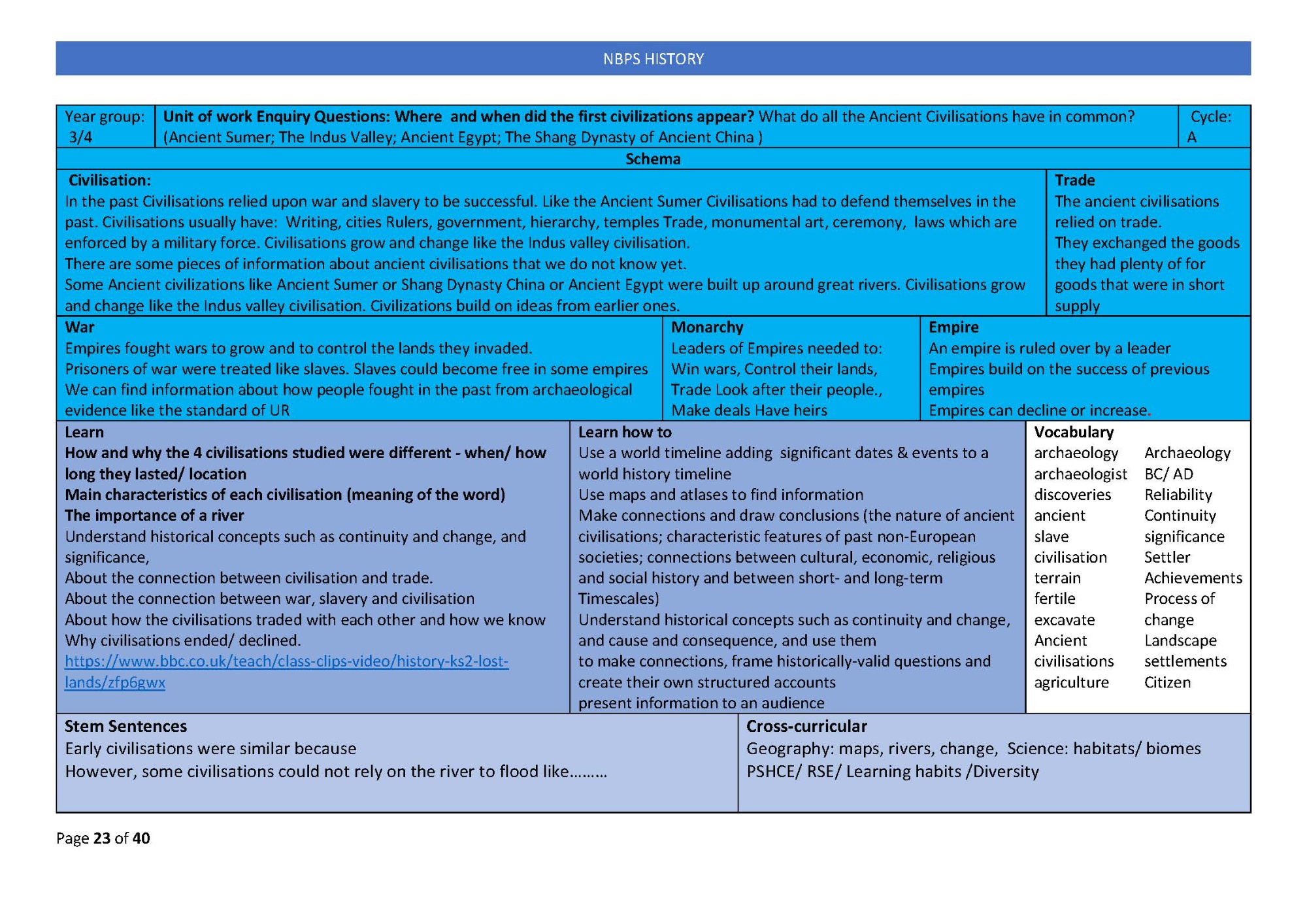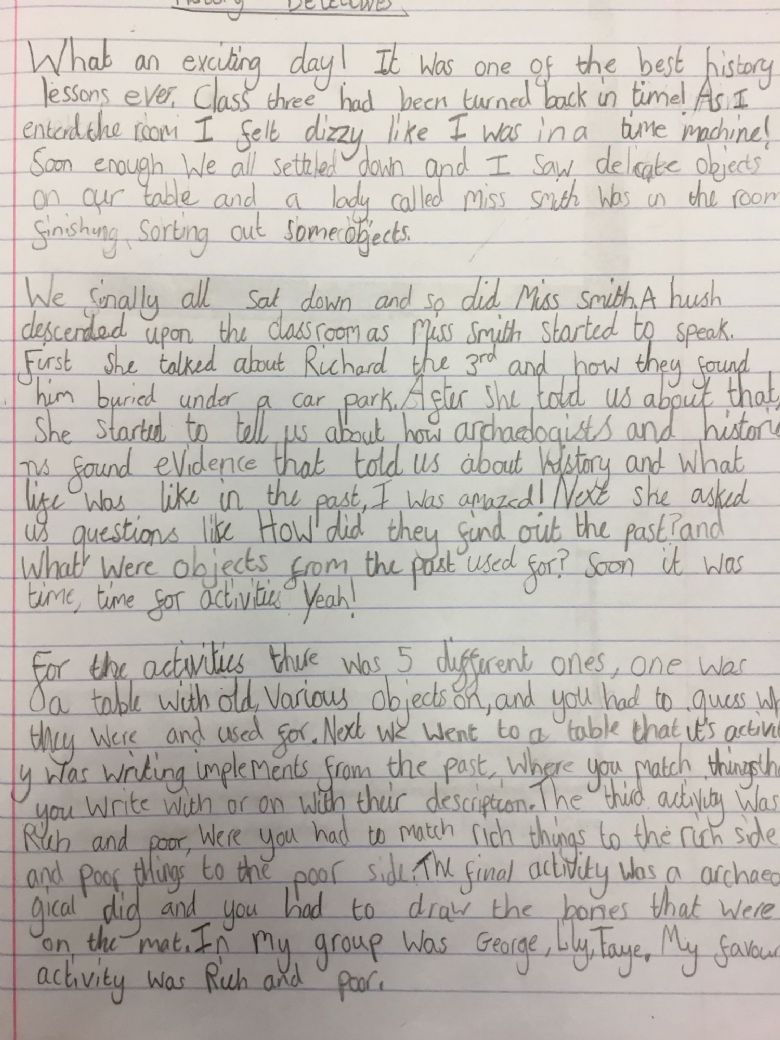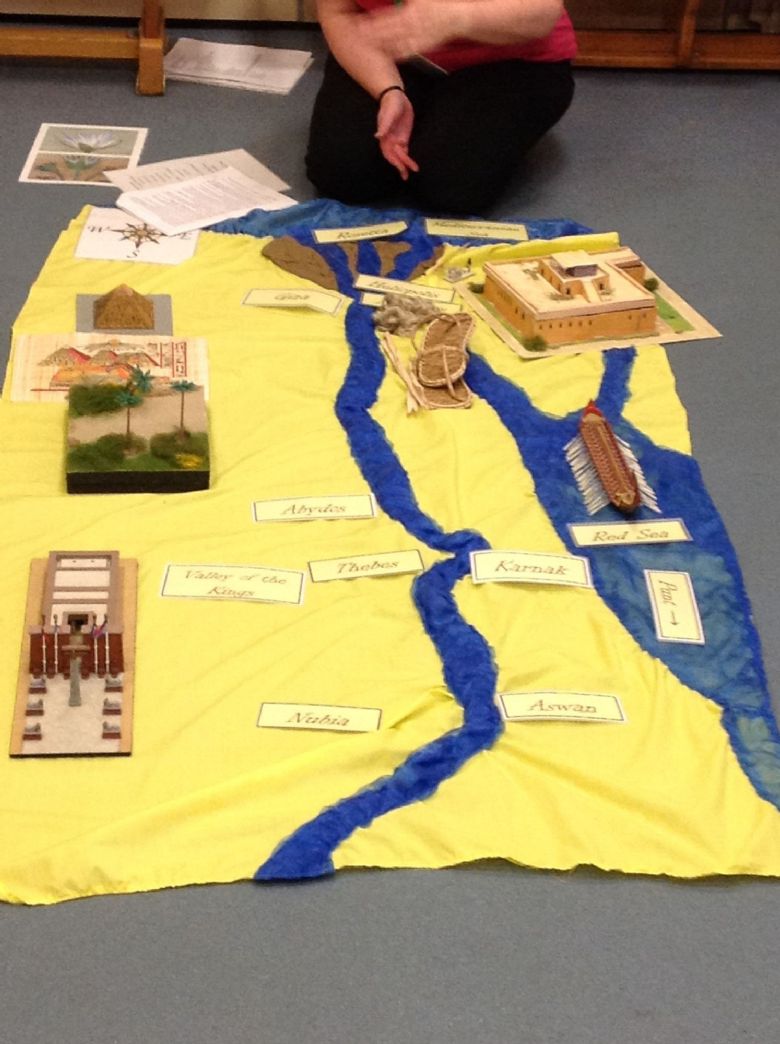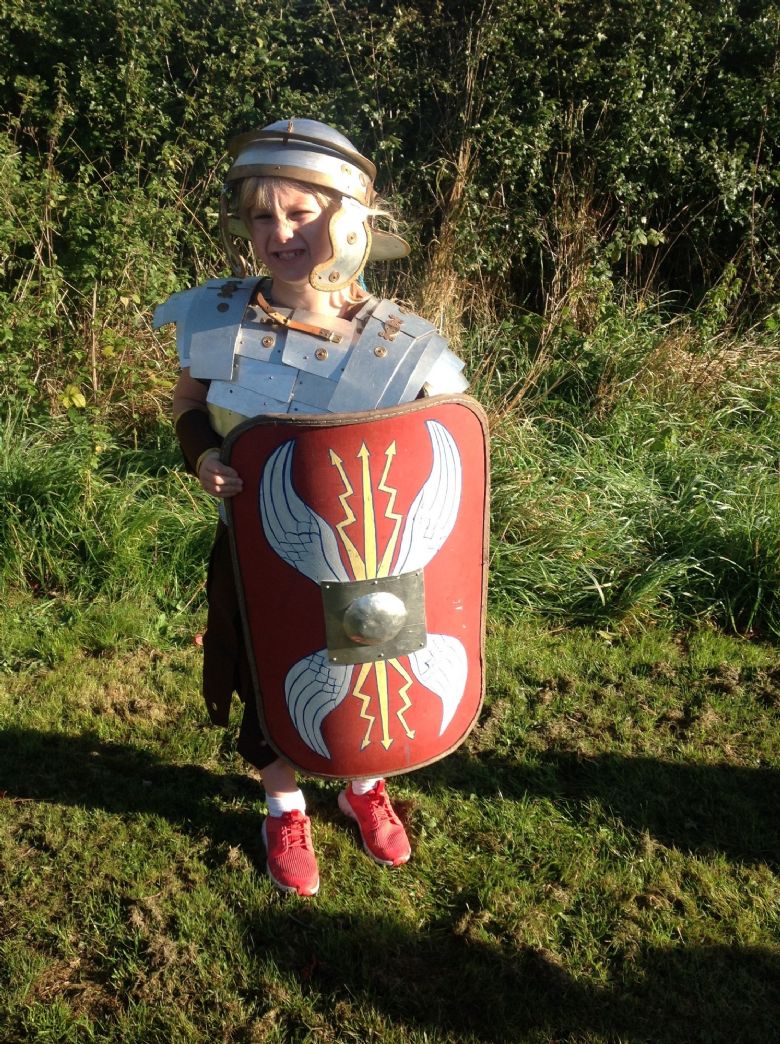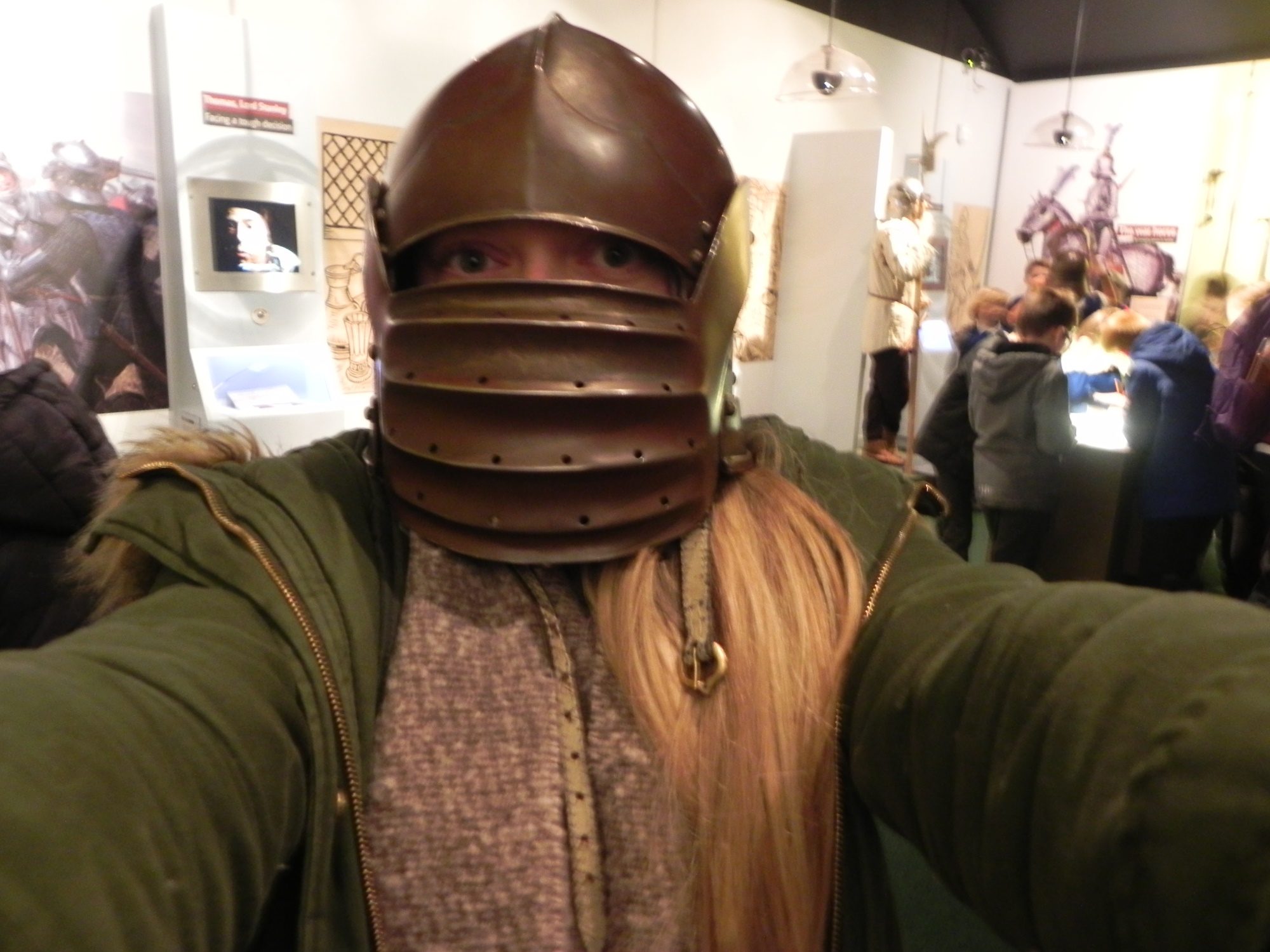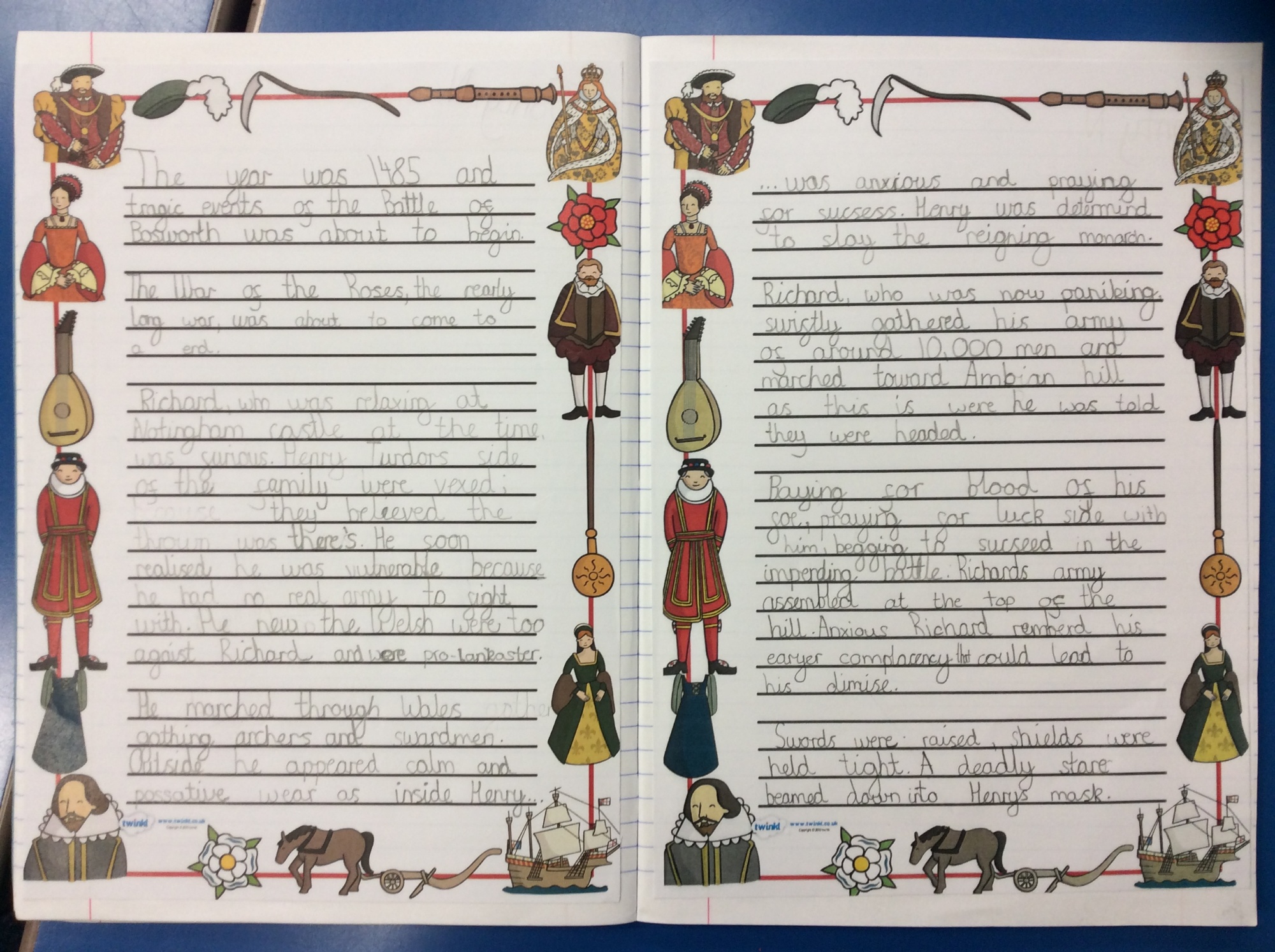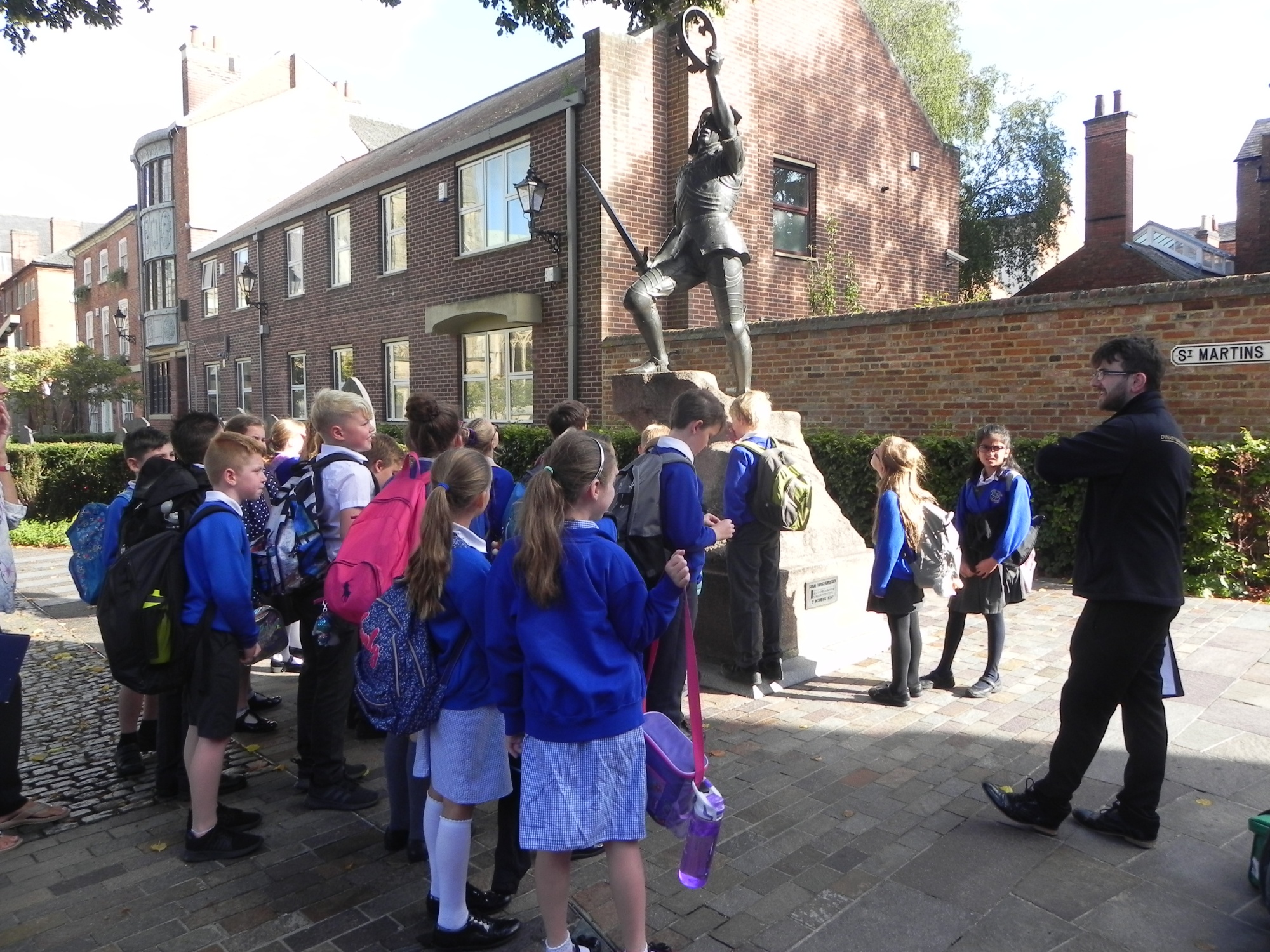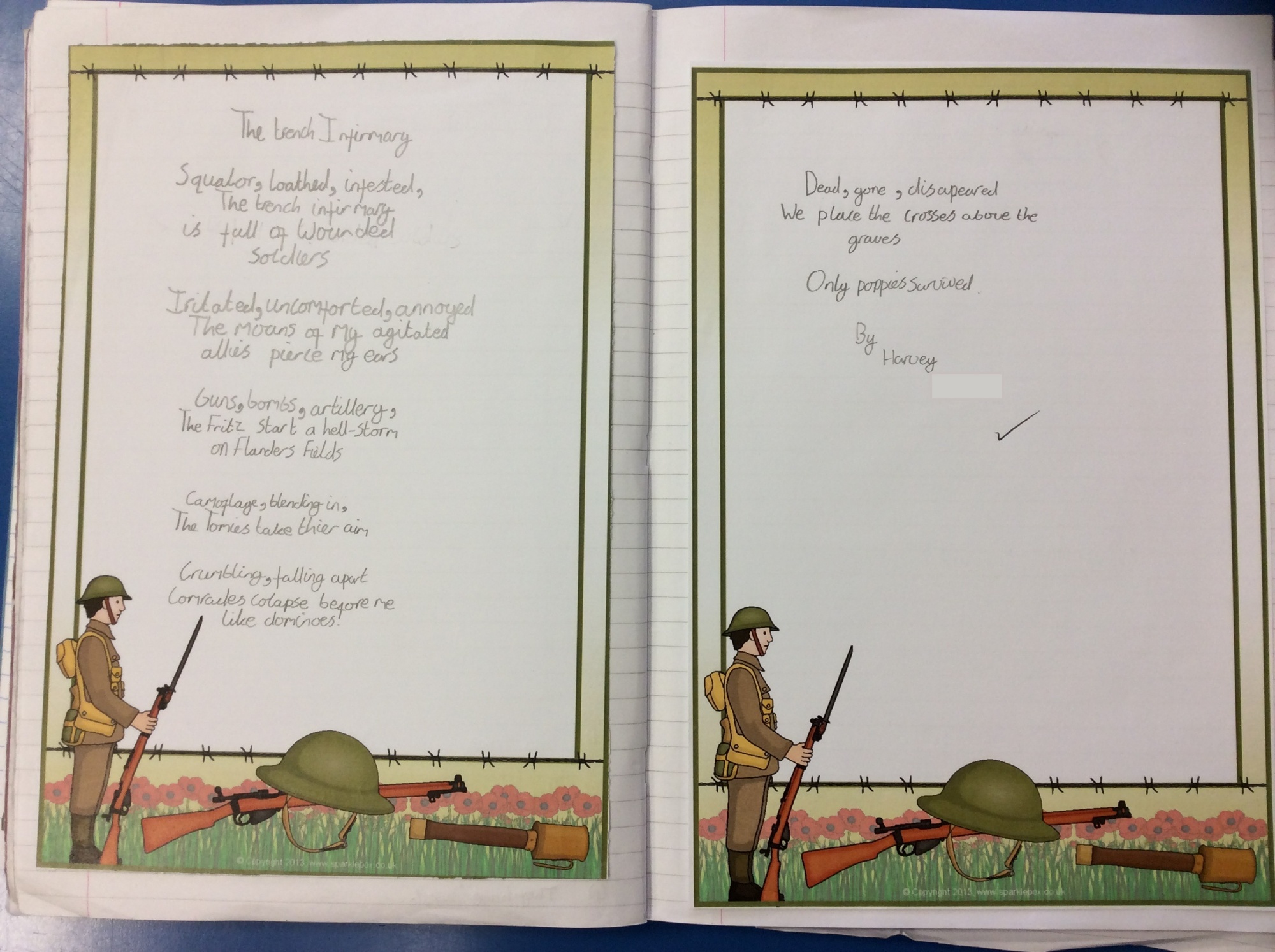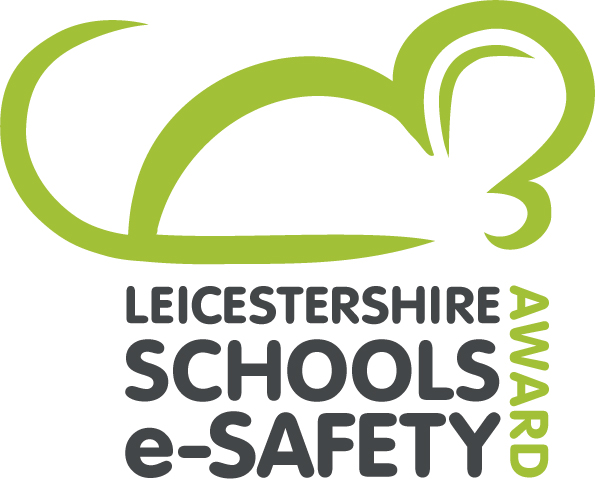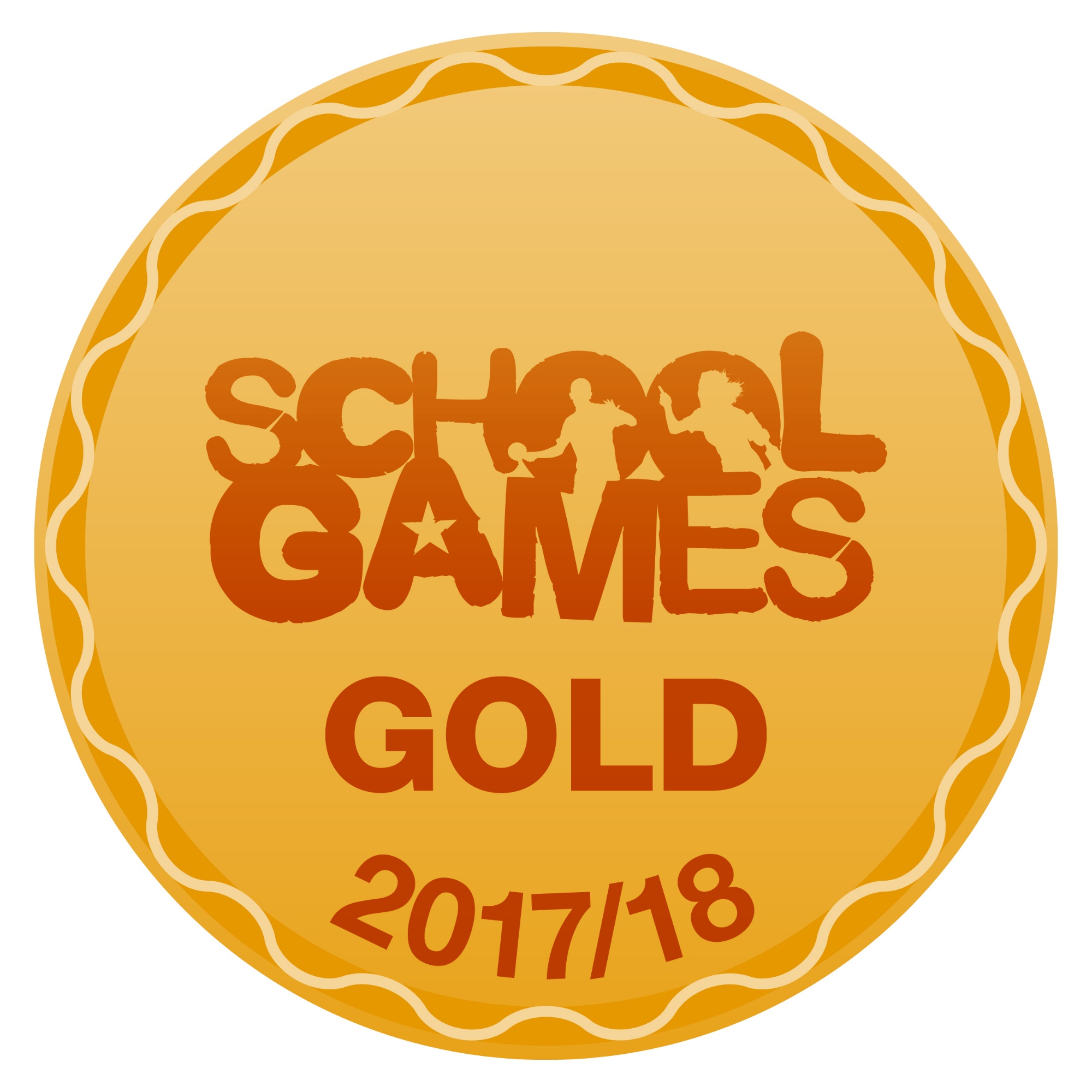History
Together We Make Learning A Memorable, Unmissable Adventure
A high-quality history education will help pupils gain a coherent knowledge and understanding of Britain’s past and that of the wider world. It should inspire pupils’ curiosity to know more about the past. Teaching should equip pupils to ask perceptive questions, think critically, weigh evidence, sift arguments, and develop perspective and judgement. History helps pupils to understand the complexity of people’s lives, the process of change, the diversity of societies and relationships between different groups, as well as their own identity and the challenges of their time.
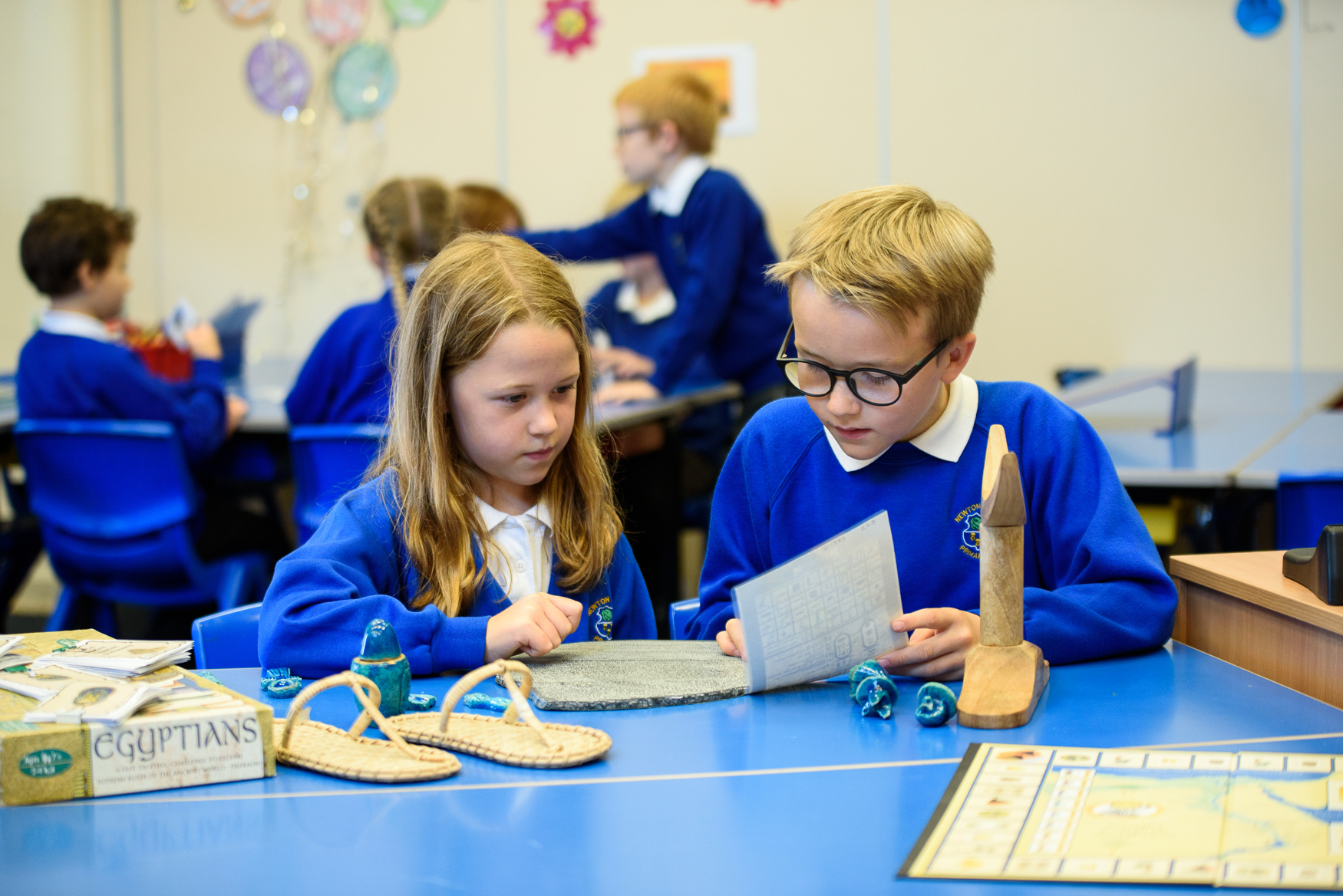
Intent
|
We want all learners to reach at least the expected National Curriculum standard by the end of year 6 and to be keen to continue their studies in key stage 3 and beyond. We want learners to be able to see themselves as historians. The history lesson should be one our learners look forward to and greet with enthusiasm. They should leave lessons wanting to find out more. When studying history, learners will draw on their developing learning habits, making progress in their ability to persevere, work effectively as a team, respect and celebrate difference, ask questions and create. We want learners to be interested in the history of the world they are growing up in, fully aware that history is told from a viewpoint. We want our children to understand that not all people were treated equally in history. And, that historical accounts represent the views of the writer at the time. |
Our curriculum ensures that pupils meet and explore the key concepts of: Locality, Lifestyles, Legacy, Conflict, Achievements, Migration, Civilisation/settlement, Beliefs and Empire at greater depth as they progress from EYFS to Y6.
Implementation
|
In EYFS learners talk about their own life history, recognising important and seasonal events. In key stage 1 pupils find out about famous people in the past learning about their legacy. Learners make comparisons between the lives of famous people from different periods of time, for example Tim Peake, Sally Kirsten Ride and Neil Armstrong. Care is taken to include a balance of men and women from all demographics. Key historical events are studied: The Great Fire of London, the first flight to the moon and Armistice day. Learners consider their own history and are encouraged to talk to family members about life when they were children. Visits to enhance learning include: our village, the local church or chapel, Ashby museum, Snibston, Cresswell crags and The Black Country Museum. Museum visitors bring historical artefacts for our leaners to explore. |
||
|
In all year groups in key stage 2, History is studied over at least 2 terms to enable learners to study at depth. Key themes are explored: Empire, trade, religion, monarchy, government, civilisation, war and diversity . Connections are made between time periods by considering, for example the life of a Celtic, Roman and World War II soldier. Local history visits include The Battle of Bosworth and Snibston. Visitors bring history to life with artefacts to explore and research. Learners are introduced to and encouraged to read a range of non-fiction texts and works of faction to support learning. Periods of study have been chosen for each year group based on opportunities for learning at greater depth. Units of work build children’s understanding. The curriculum is organised to enable leaners to revisit and explore, with greater maturity, themes of Empire, trade, religion, monarchy, government, civilisation, war, diversity and British values Key vocabulary has been identified, alongside enrichment opportunities including trips and visitors.
Assessment, Recording and Reporting In all subjects there are three broad areas for assessment:
|
||
Baseline assessment, in order to understand pupils’ prior learning, is an essential part of planning to ensure new learning is relevant and progress can be assessed
History is taught to all children, whatever their ability, in accordance with the school curriculum policy of providing a broad and balanced education to all children. Teachers provide learning opportunities matched to the needs of children with learning difficulties. |
|
|
Next steps
In 2022/23 we are strengthening the connections between units and connections to the strands of;
- Empire
- Diversity
- War
- Government
- Religion
- Trade
- Monarchy
Some units of work have been shortened, relocated or combined to reflect the importance of commemorating the life of the Queen.
Units of work can be found below
Our curriculum Drivers in History
Reading
Our class reads include some historical fiction and non-fiction as does our 200 book challenge in both key stages. Within lessons pupils are expected to read to learn.
Character
In History, children develop empathy of, and the ability to respond constructively to, the backgrounds, experiences, concerns and feelings and commitments of others through the study of significant people within the period of History being studied. This gives the children an awareness of what has happened in the world and the impact it has on life today. The children discuss events from the past and are encouraged to question the rights and wrongs of the past developing their own values, opinions and morals about current issues. We want the children to understand how significant people have made life better for us. We want them to see how equality has progressed over many eras.
Creativity, reasoning and communication
In history children investigate key questions, give reasons for their ideas and work with others to communicate their learning.
Impact
Prior to the pandemic:
- Pupils made good progress in history to achieve at least ARE by the end of year 6.
- Continuous provision and direct teaching in EYFS prepared pupils well for the National Curriculum.
- All children used historical vocabulary accurately and had a developing knowledge of chronology
- Children made relevant links from history to other curriculum subjects, such as geography and science.
- Children could speak confidently about their learning in history
- Those working at greater depth were able to make connections between units of study. They went beyond the knowledge studied and asked questions to further their understanding.
Initially, as a result of the pandemic pupils have
- Had fewer opportunities to explore concepts and address misconceptions through talking and questioning – not all learning is secure.
- Had a variety of experiences when home learning and accessed set learning differently.
- Had fewer opportunities for collaboration and enrichment through visits and visitors
Since the pandemic pupils have made strong progress in history. They enjoy finding our about the past. Monitoring indicates that they are learning more and can do more, making connections between units of study.
the national Curriculum
The national curriculum for history aims to ensure that all pupils:
- Know and understand the history of these islands as a coherent, chronological narrative, from the earliest times to the present day: how people’s lives have shaped this nation and how Britain has influenced and been influenced by the wider world
- Know and understand significant aspects of the history of the wider world: the nature of ancient civilisations; the expansion and dissolution of empires; characteristic features of past non-European societies; achievements and follies of mankind
- Gain and deploy a historically grounded understanding of abstract terms such as ‘empire’, ‘civilisation’, ‘parliament’ and ‘peasantry’
- Understand historical concepts such as continuity and change, cause and consequence, similarity, difference and significance, and use them to make connections, draw contrasts, analyse trends, frame historically-valid questions and create their own structured accounts, including written narratives and analyses
- Understand the methods of historical enquiry, including how evidence is used rigorously to make historical claims, and discern how and why contrasting arguments and interpretations of the past have been constructed
- Gain historical perspective by placing their growing knowledge into different contexts, understanding the connections between local, regional, national and international history; between cultural, economic, military, political, religious and social history; and between short- and long-term timescales.
At Newton Burgoland Primary School we follow the national curriculum in England for History.
We last reviewed our history curriculum in 2021 making some changes to both Key stage 1 and 2 to:
- Ensure a more cohesive narrative
- Strengthen pupils' understanding, at KS1, of the impact of events and people - understanding how National life has changed.
- Take better advantage of the legacy of King Richard III
We are members of the Historical Association to support teachers' subject knowledge.
Exploring Chronology with the help of leicestershire Museum Services for Education:
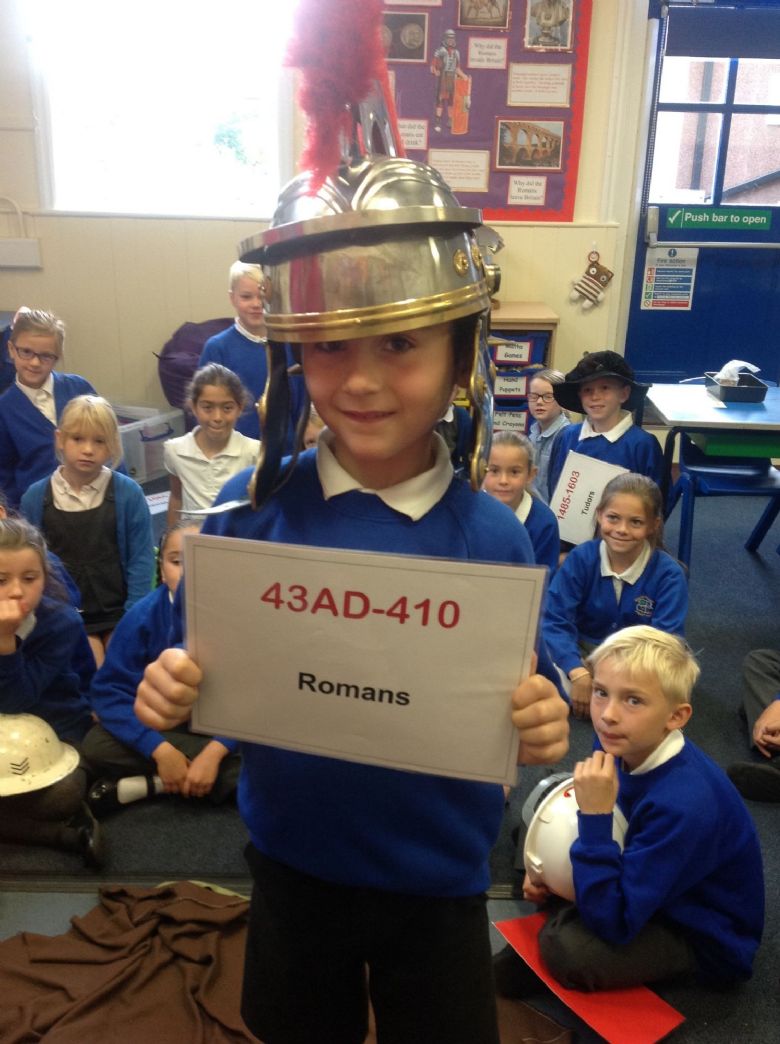
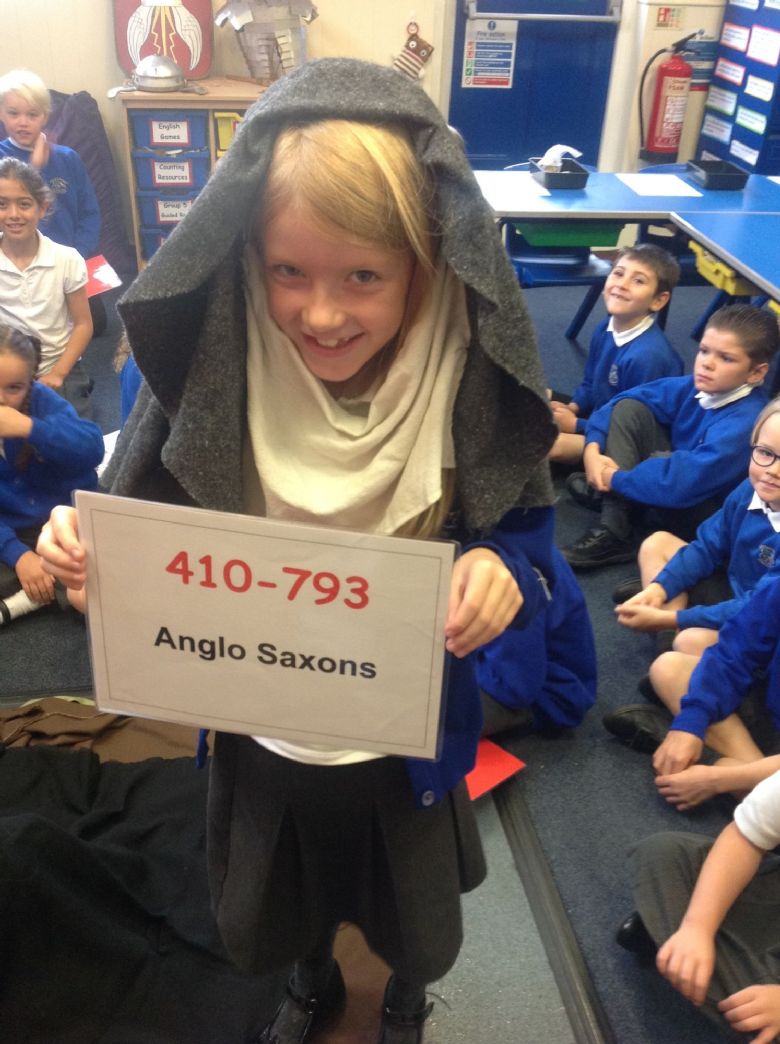
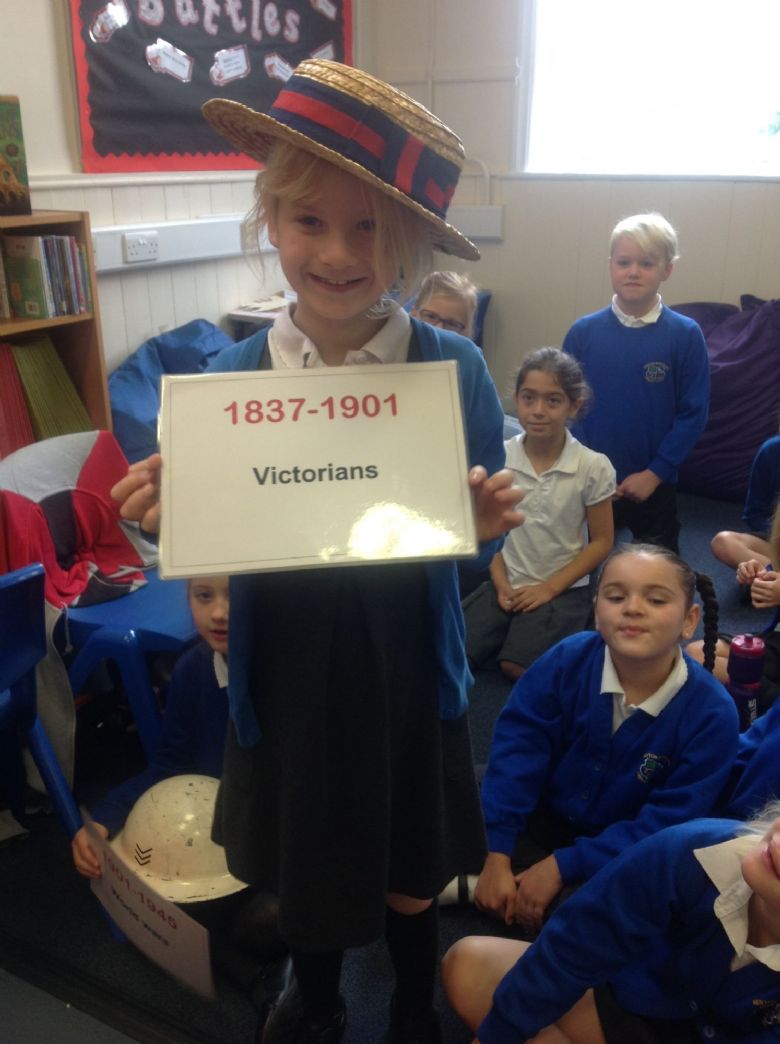
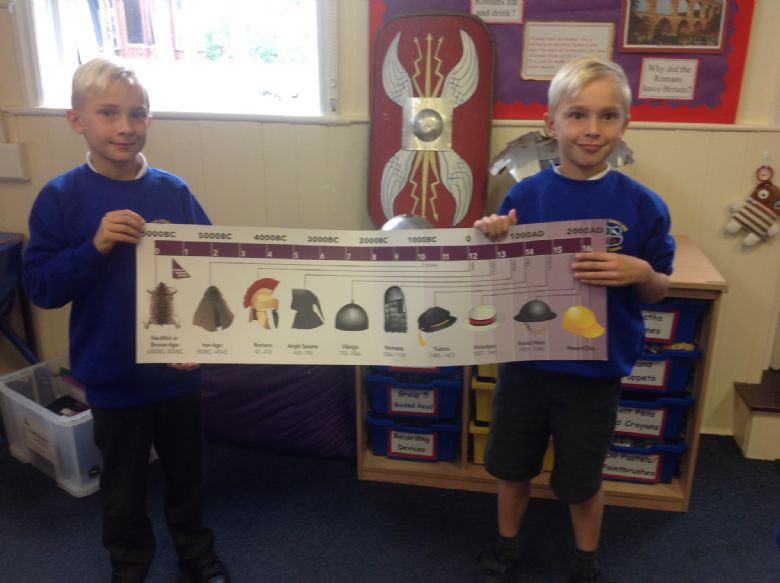
History in early years foundation stage
Learners in foundation stage are taught within a mixed age class. They actively engage with the history curriculum through play.
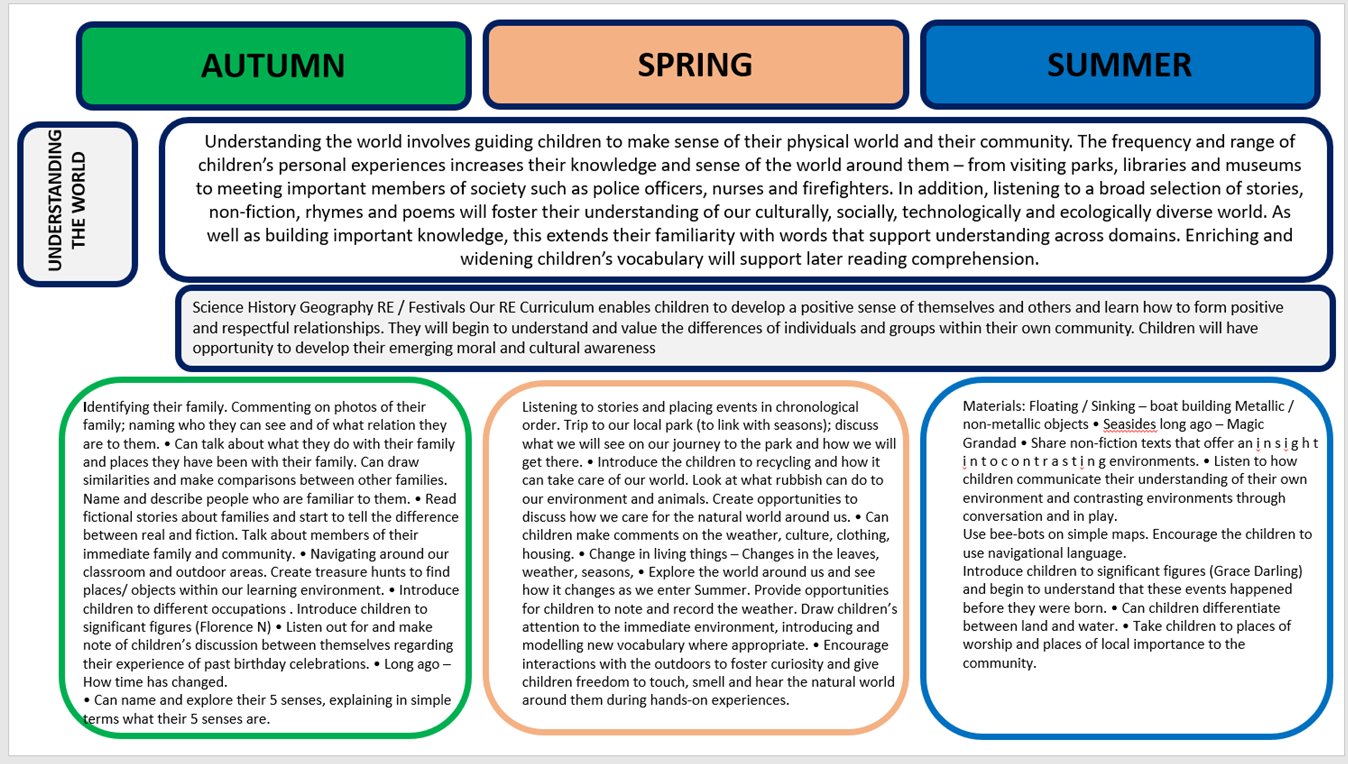
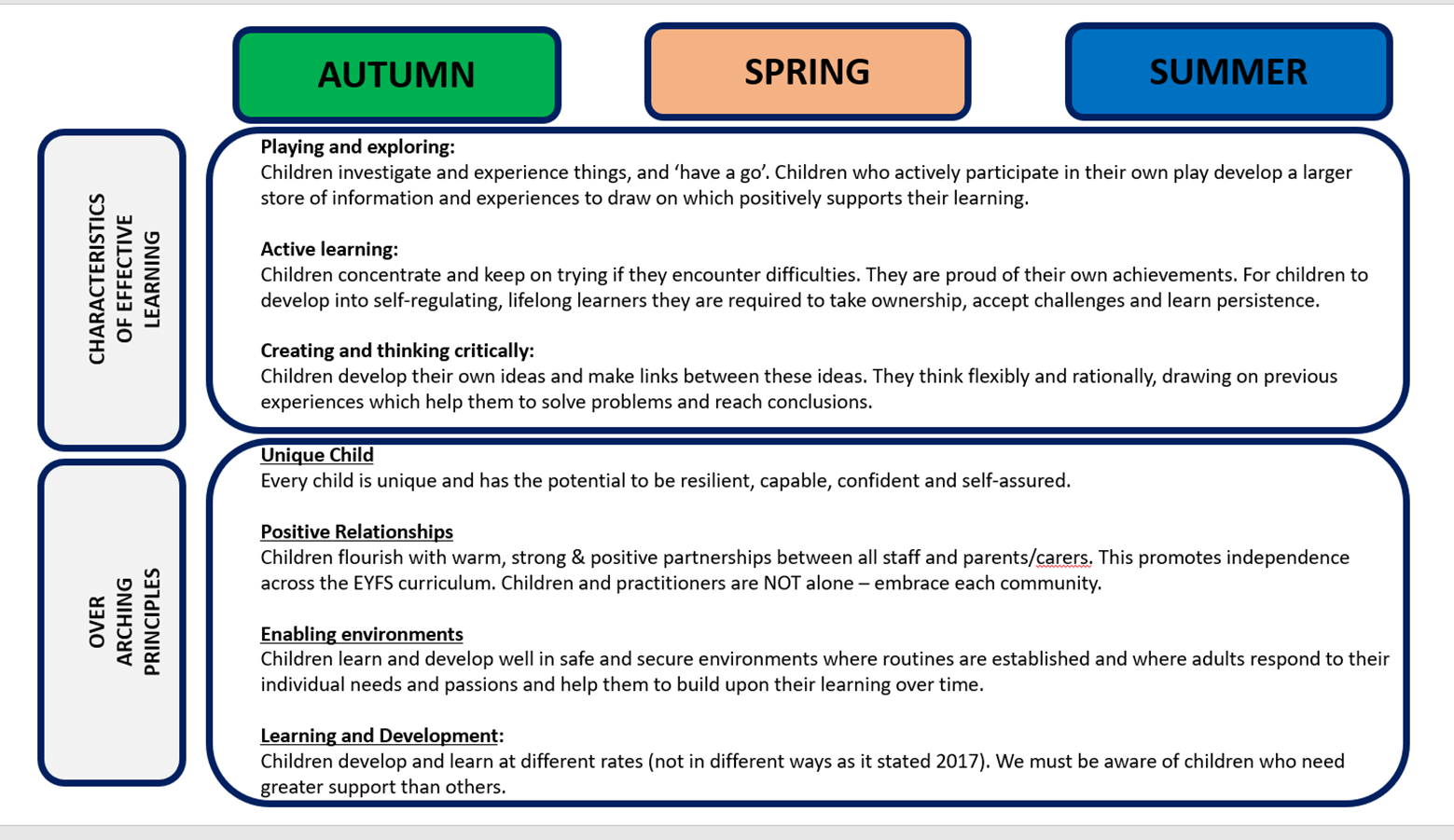
Units of learning
Units of work below have been carefully sequenced to build pupils learning progressively.
Diversity
Newton Burgoland Primary is a village school set in rural Leicestershire. The school population is not very diverse so we recognise and embrace the challenge of preparing pupils for life in a modern and diverse world.
|
|
Autumn |
Spring |
Summer |
|
F/Y1 A |
Equality between genders Homes and families |
Bias in History: Mary Seacole/ Florence Nightingale Equality between genders |
Equality: Rosa Parks / Grace Darling
|
|
F/Y1 B |
Bias in History Explorers across cultures/ time |
Bias in History/ Equality between genders Space race Heroes |
Bias in History/ Equality between genders History of flight |
|
Y2 |
Bias in History Life in 1666 in London and Ancient Askum |
Equality between genders Shopping through time |
|
|
Y3/4 A |
Bias in History Achievements in the ancient world/ Britain at the same time |
||
|
Y3/4 B |
The Romans: early immigration |
Ancient Greeks |
|
|
Y5/6 A |
Equality between genders Tudors |
Religious freedom/ Diversity / Heroes/ LGBTQ+ WW2 |
Bias in History Benin |
|
Y5/6 B |
Anglo Saxons and Vikings – Early migration/ Immigration |
Equality Local history |
|
How have homes and the way we live changed over time? (revised 2022/23)
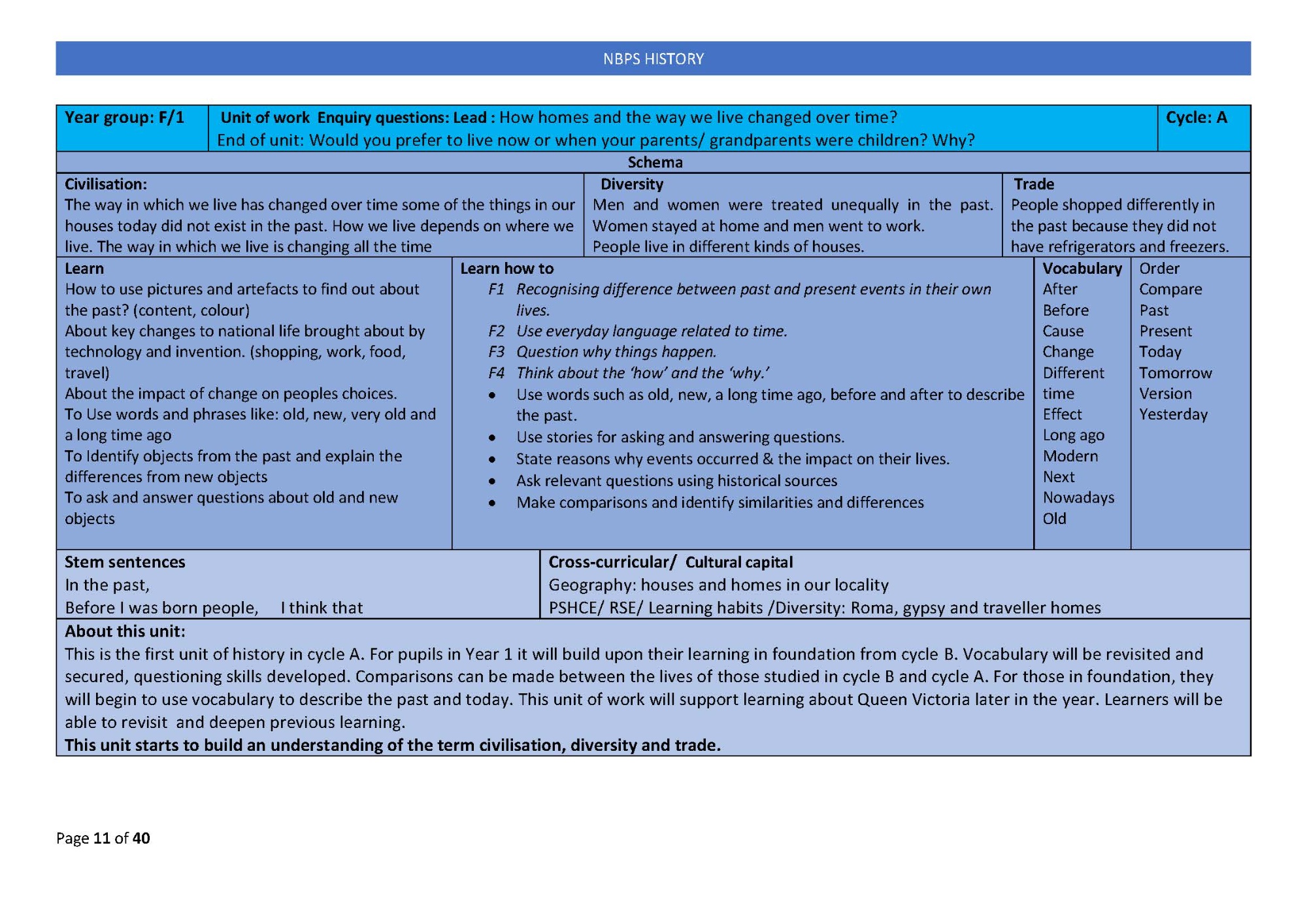
Why are Mary Secole’s and Florence Nightingale’s reputations and memorials different? ( revised 22/23)
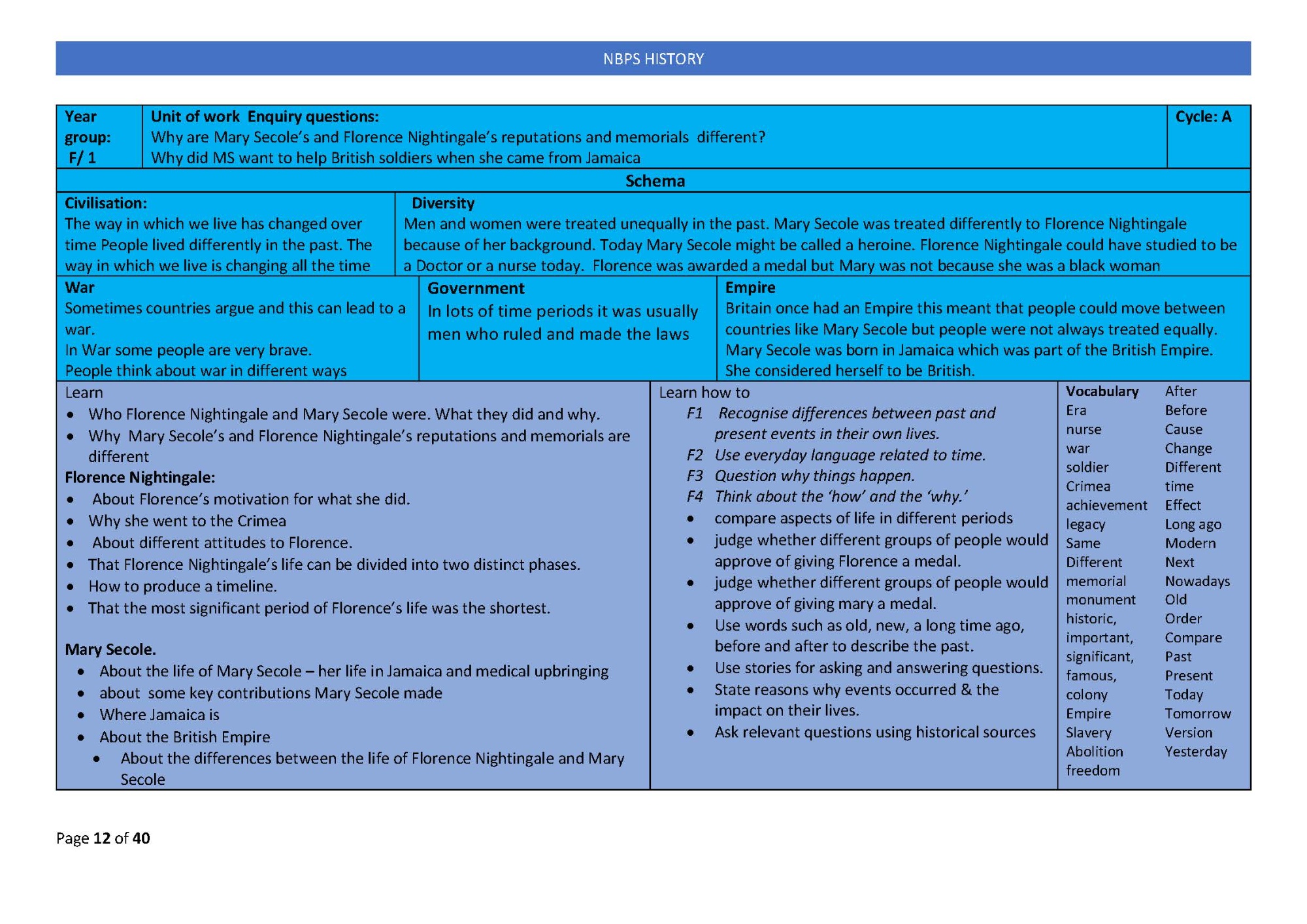
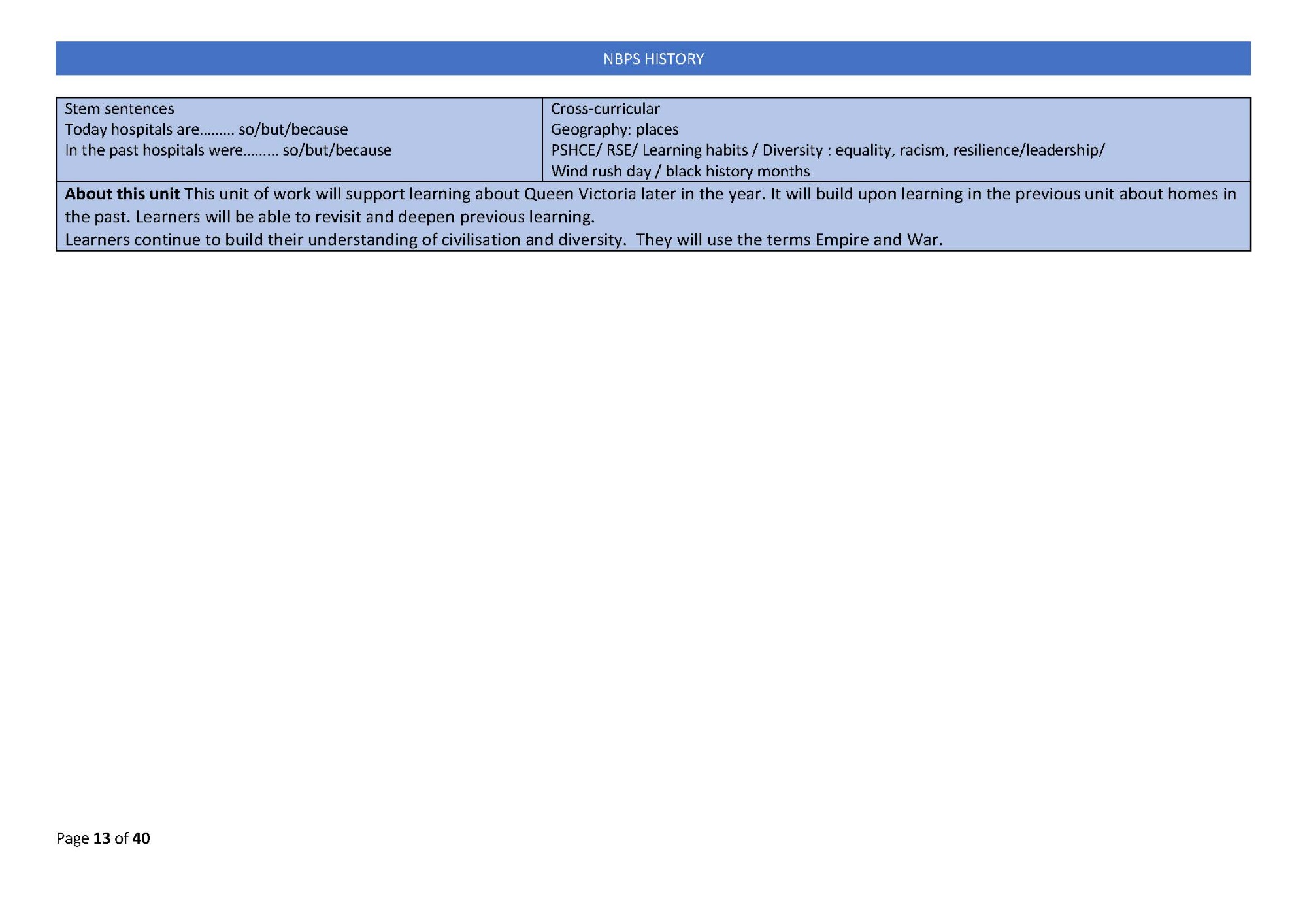
|
|
who are the Royal Family ? Why are they important? ( revised 2022/23)
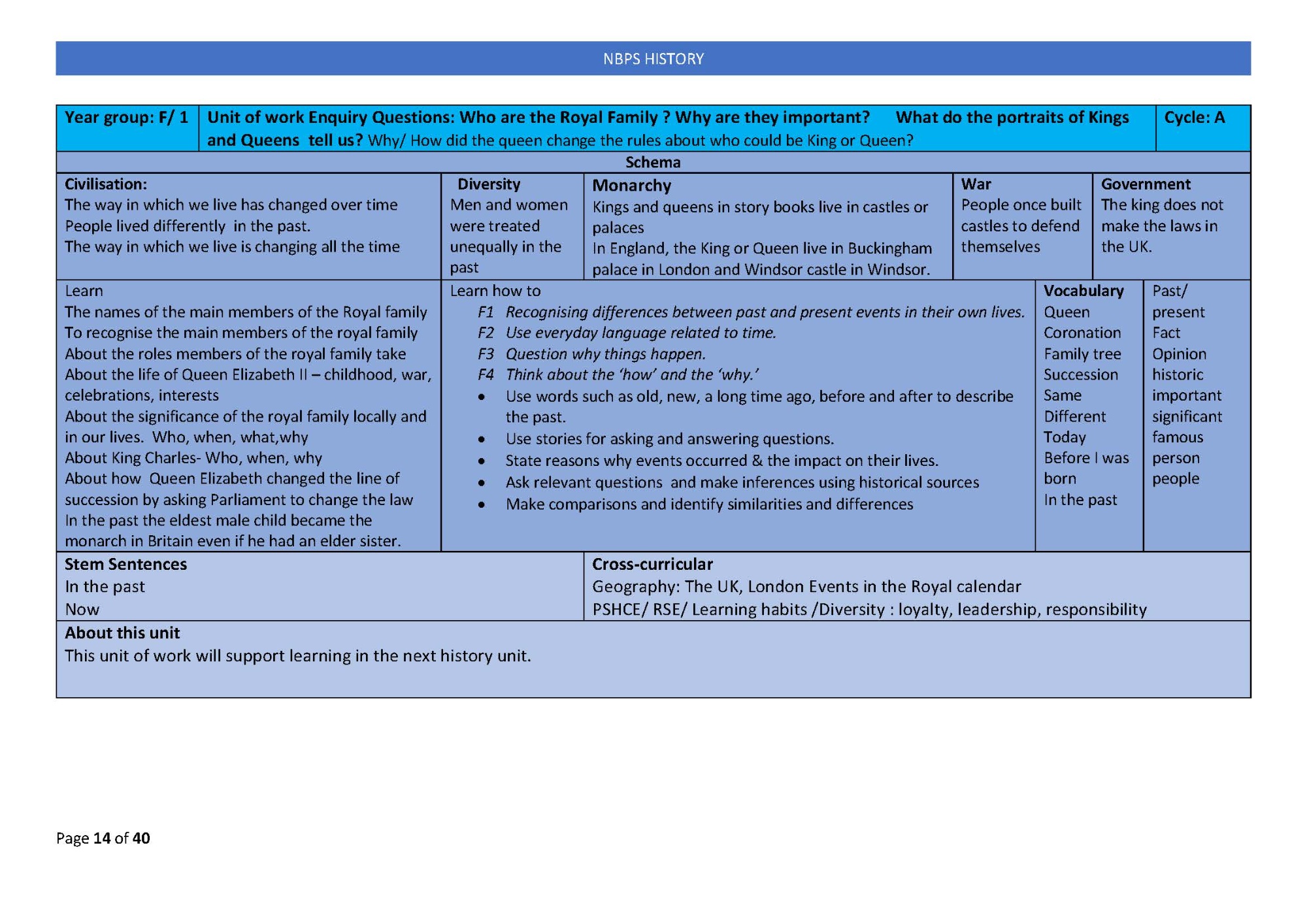
How were the lives of Queen Elizabeth II and Queen Victoria different / the same? ( revised 22/23)
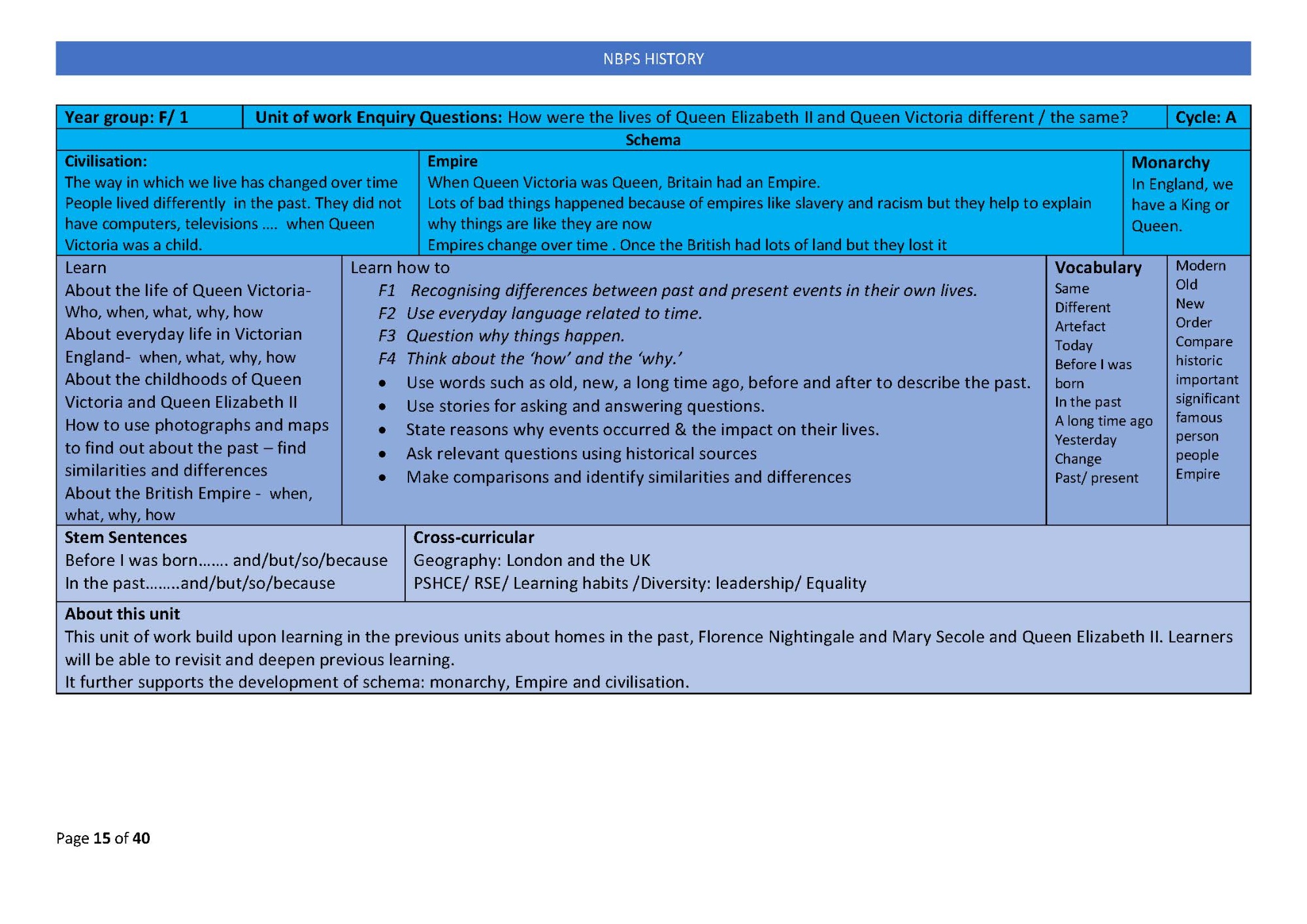
How and why have seaside holidays changed over time? ( revised 2022/23)
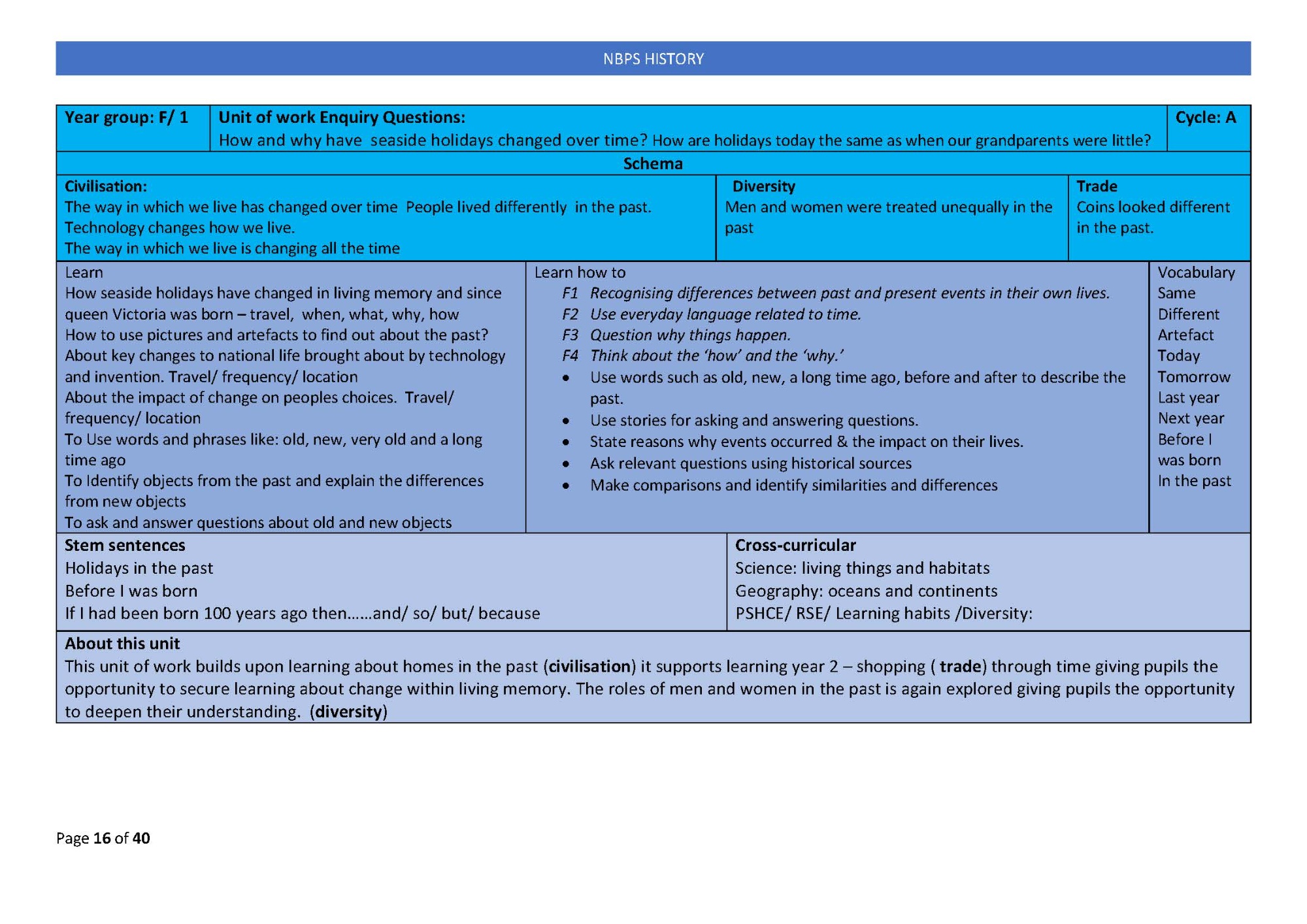
Grace Darling – Who was Grace Darling and why is she famous? How is she like Florence Nightingale? Why were her actions surprising? How is she like Rosa Parks ( revised 2022/23)
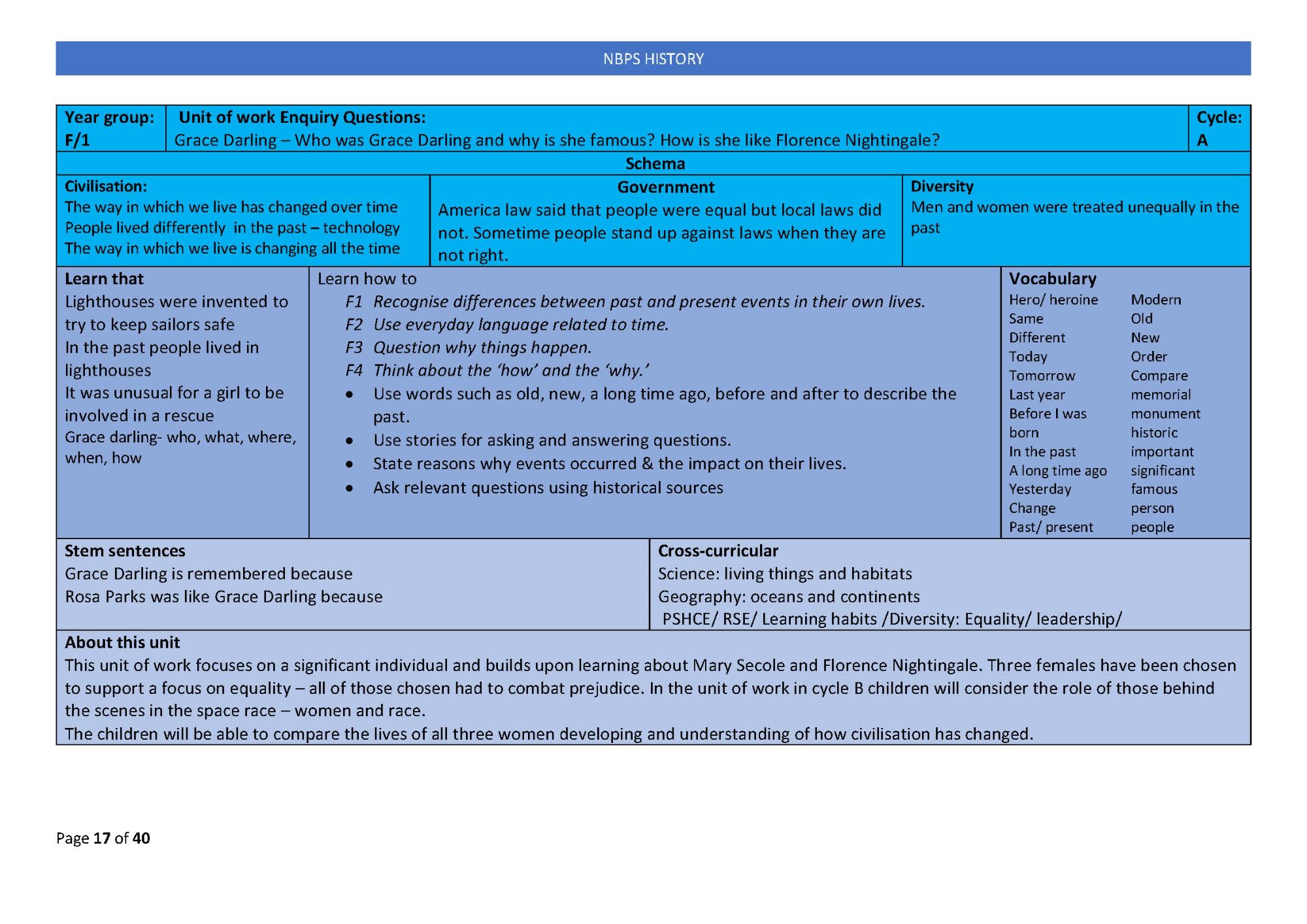
Why did Ernest Shackleton travel to Antarctica? How are Shackleton and Admiral Zheng He the same/ different?(revised unit 22/23)
Note: this unit was not studied in full in 2022/23 due to the death of the Queen.
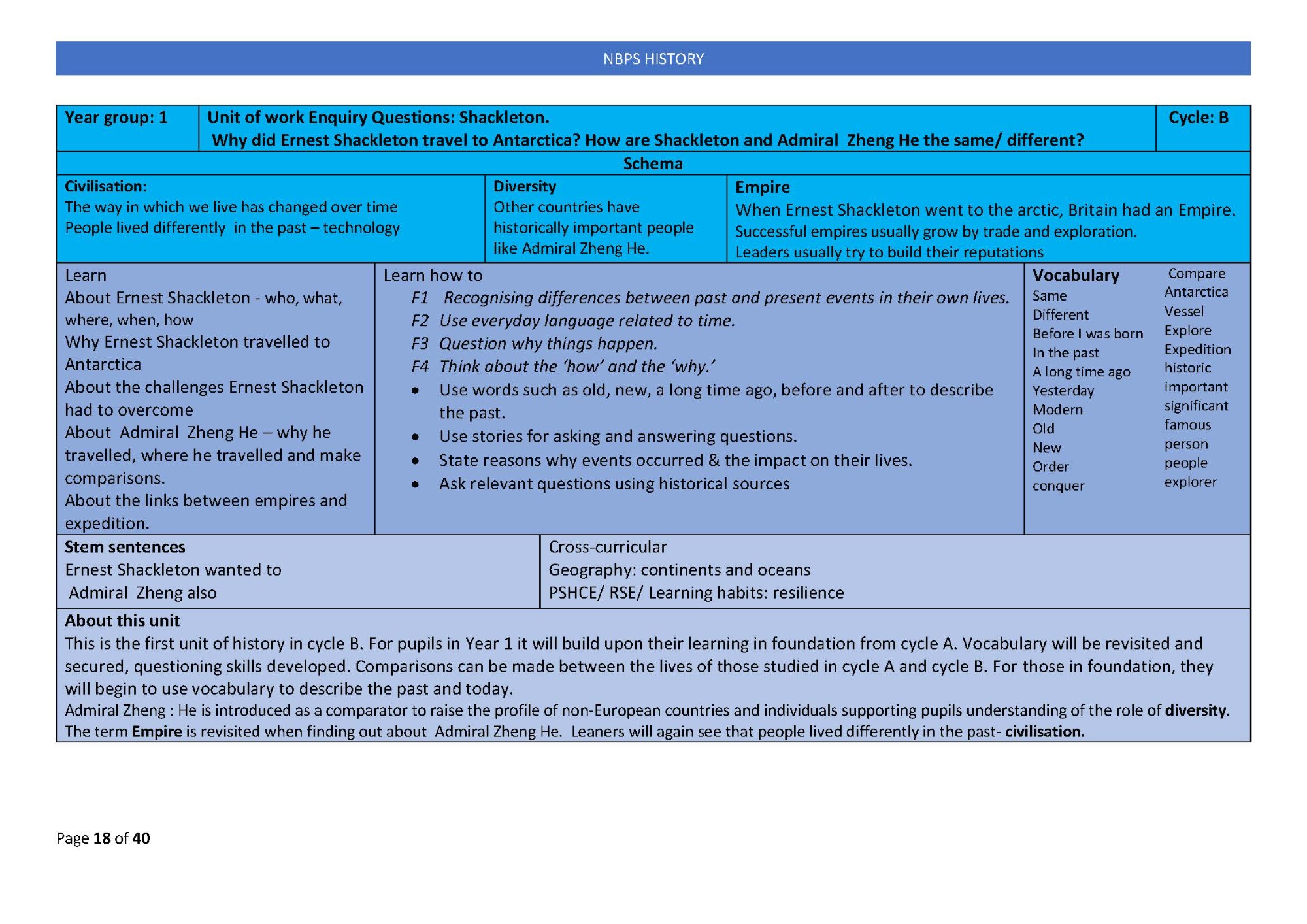
The history of flight. When did we learn to fly? How has it changed our lives. Why do people remember the Wright brothers more than others? ( revised unit 2022/23)
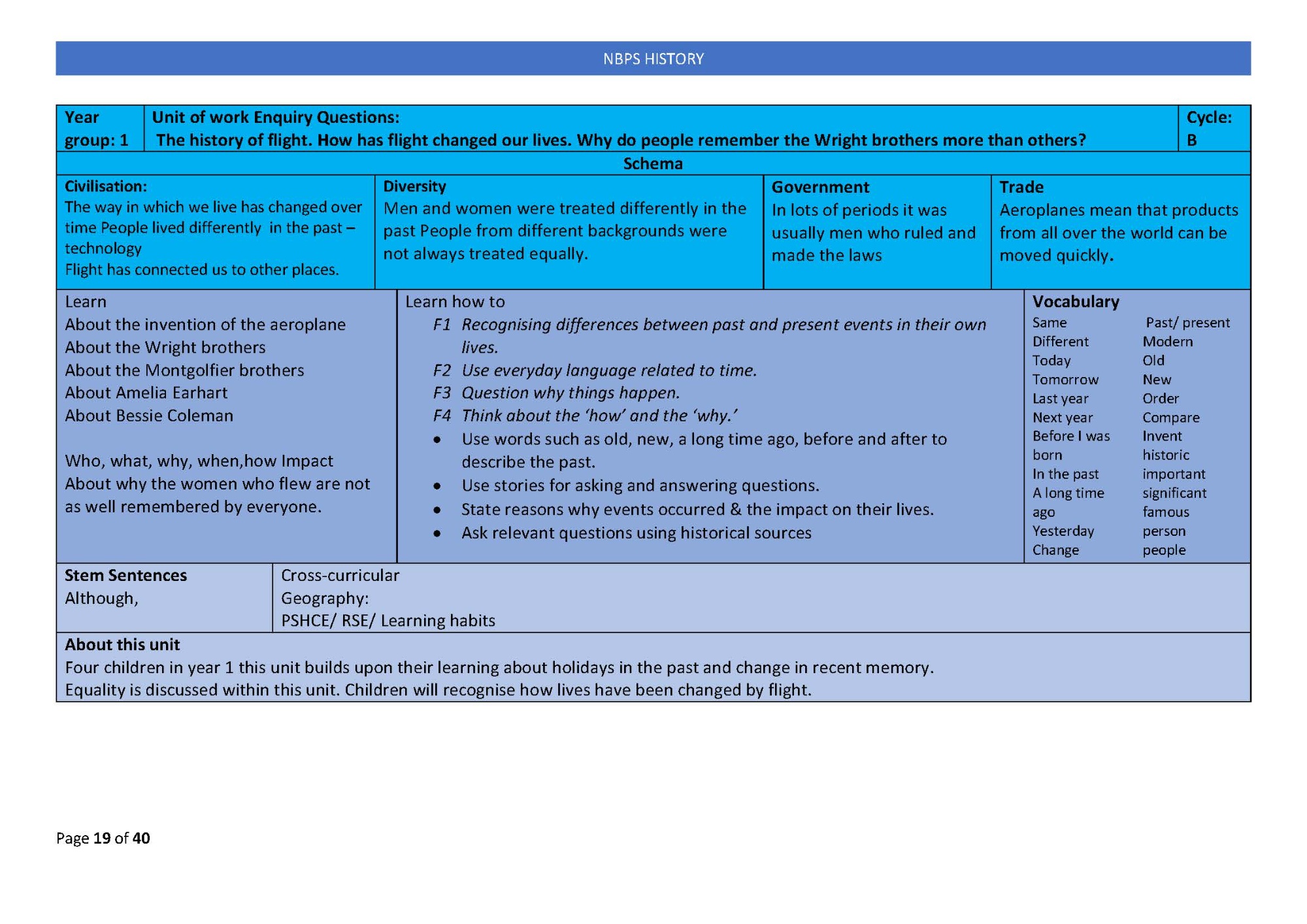
Who should be remembered for the first moon landing? why don’t we remember Catherine Johnson when we think about the first moon landing? ( revised unit 2022/23)
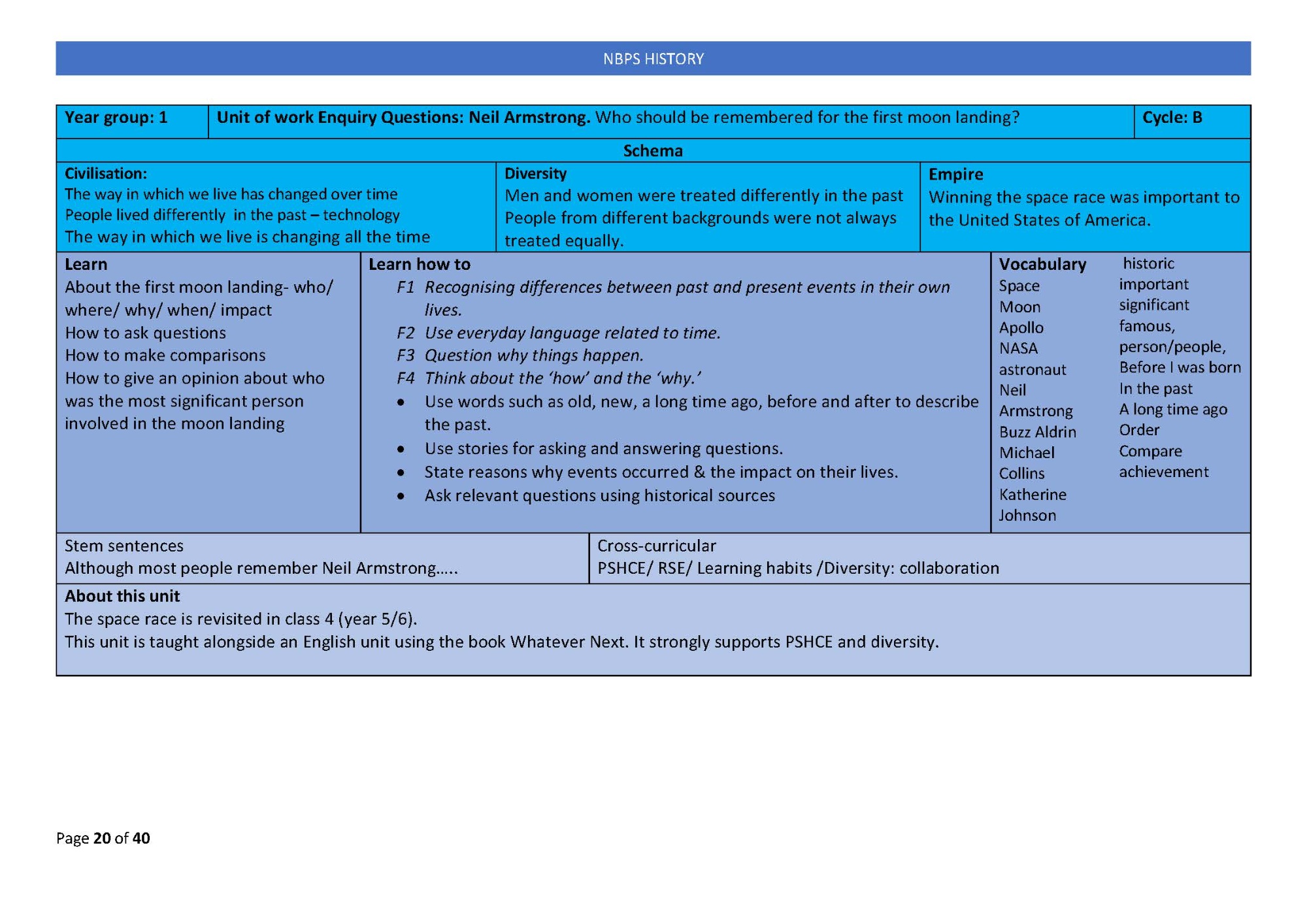
How we used to live- then and now shopping / A street through time – What was it like before supermarkets and coins were invented? Who was Mansa Musa ? Why was his gold dangerous? ( revised unit 2022/23)
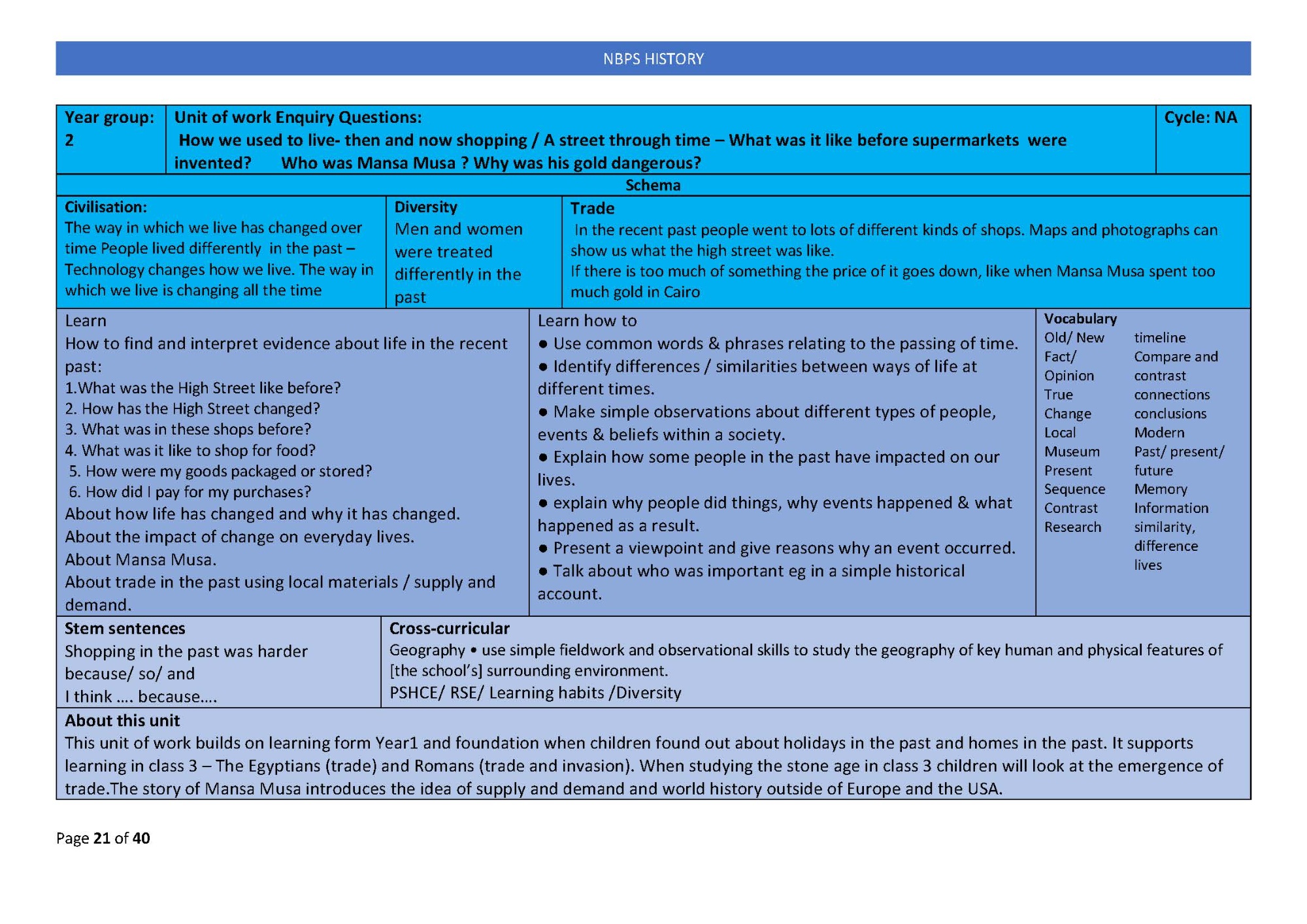
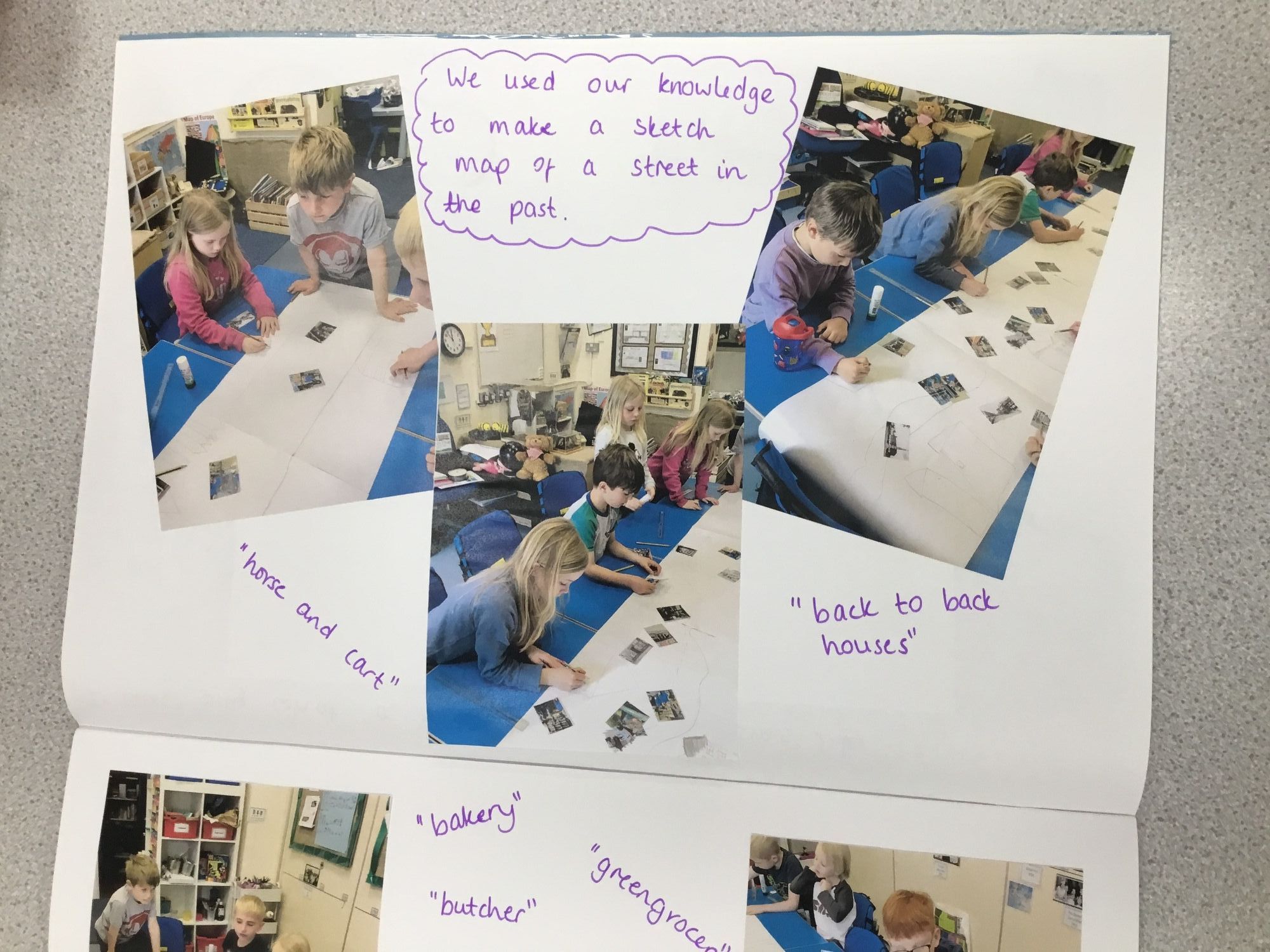
Why did this Great Fire burn down so many more houses than other fires? How similar and different were London and Ancient Askum in 1666? ( revised unit 2022/23)
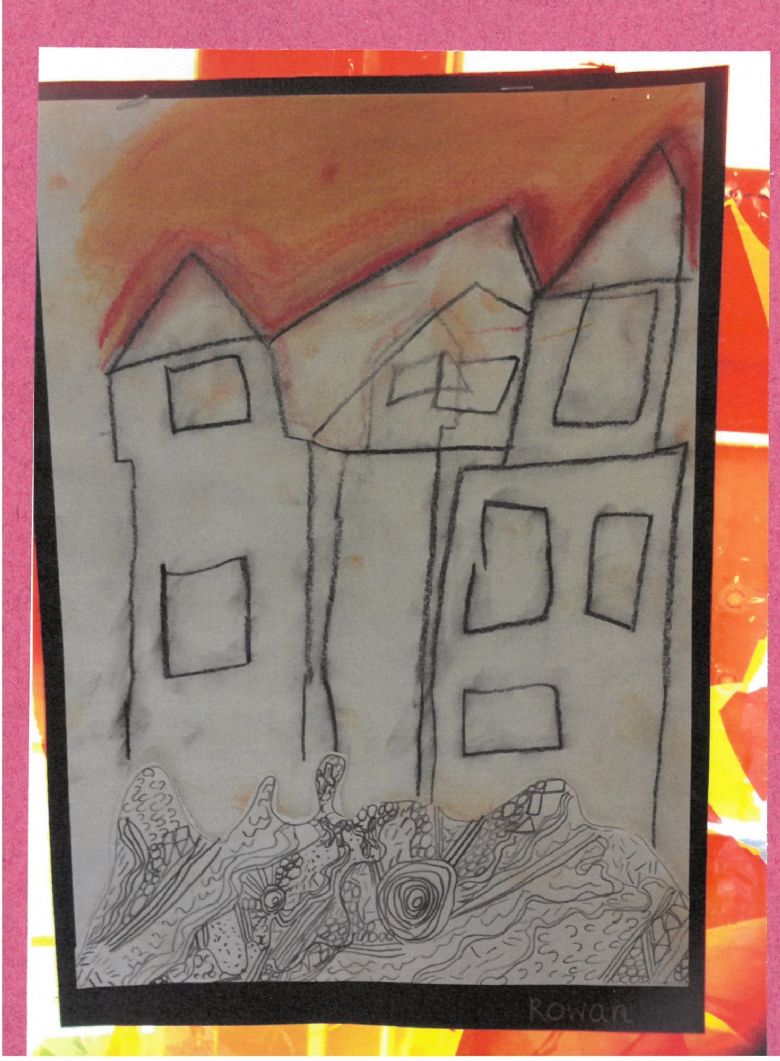
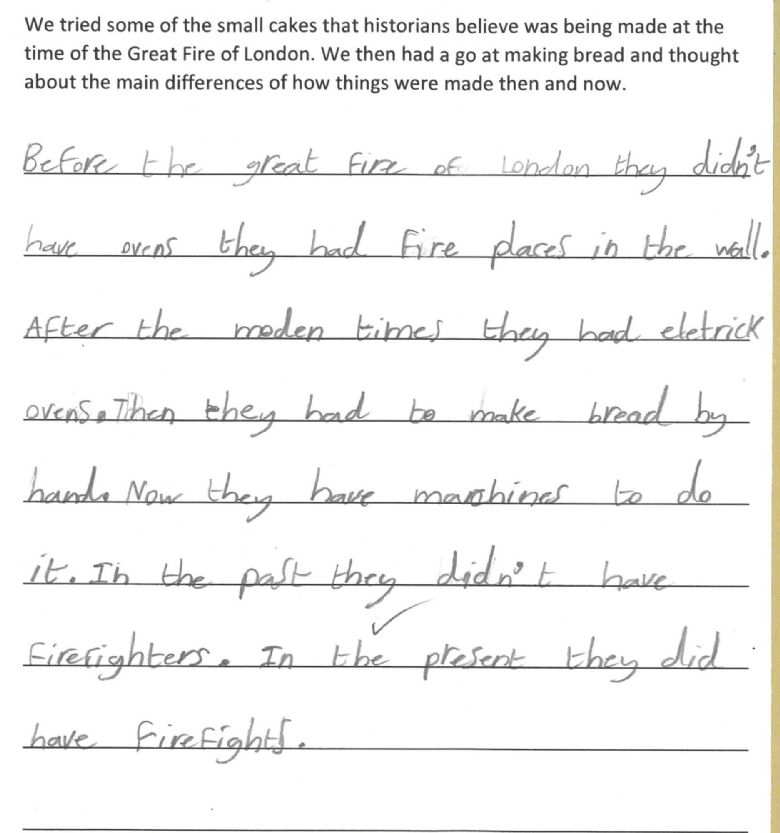
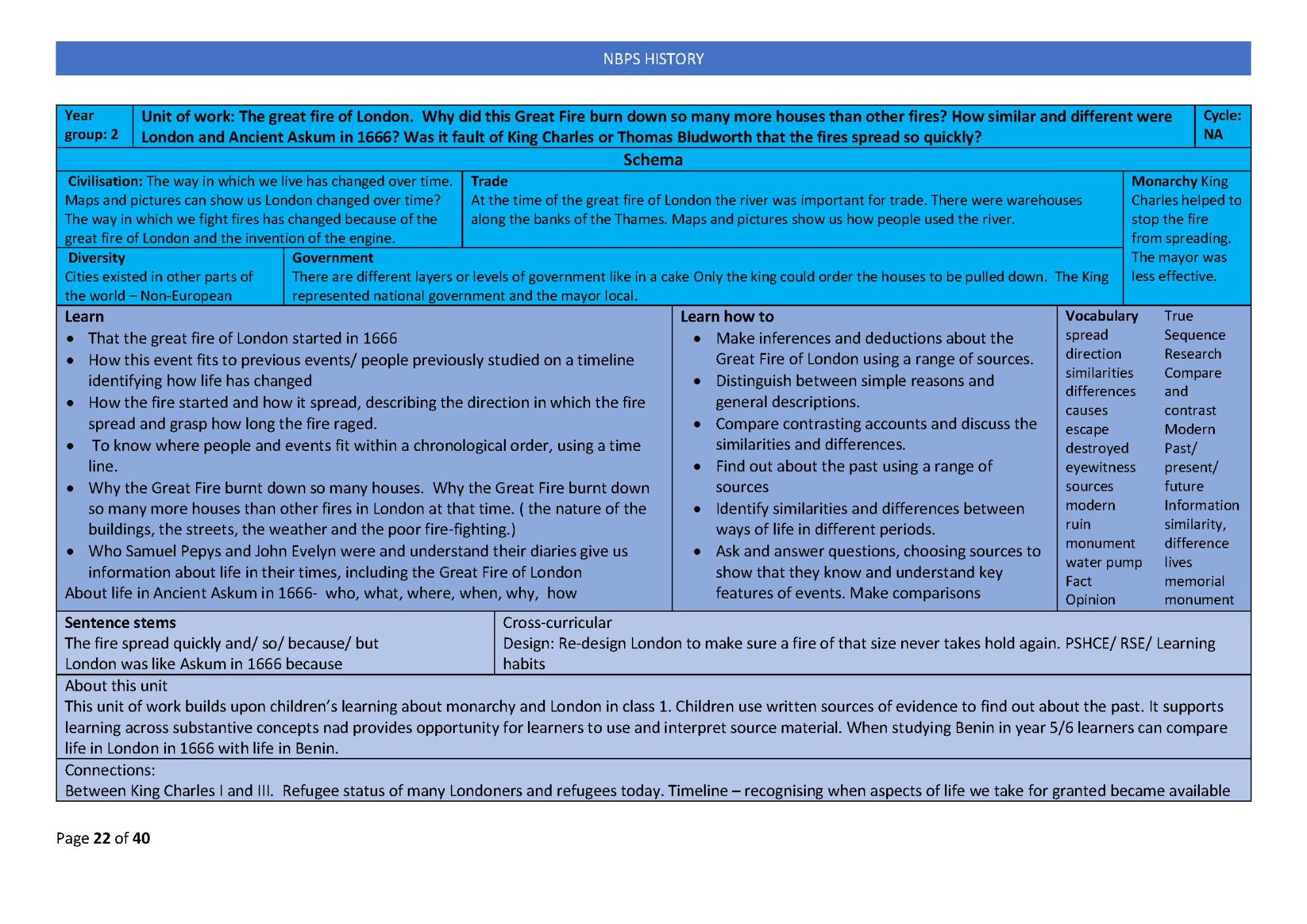
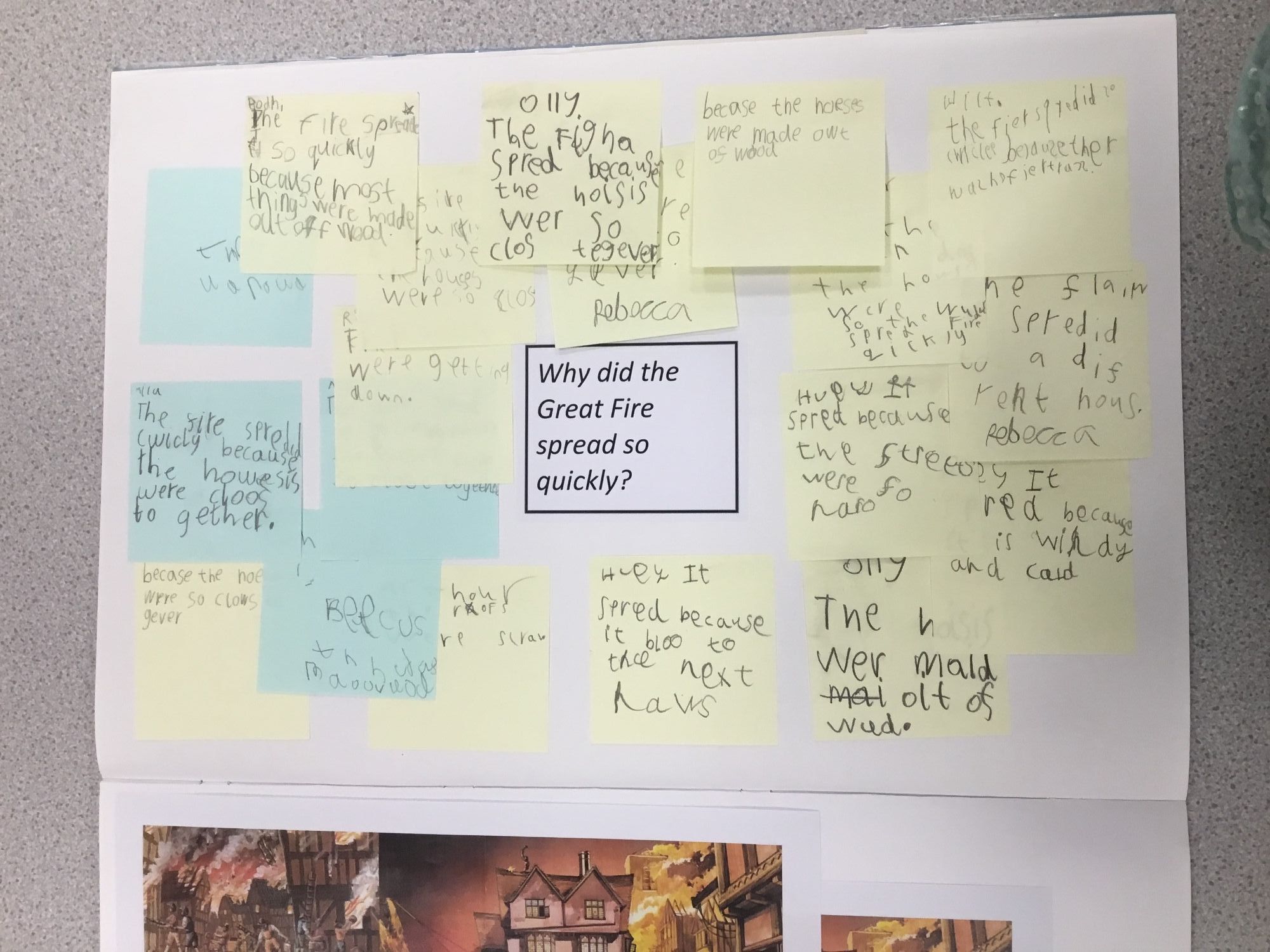
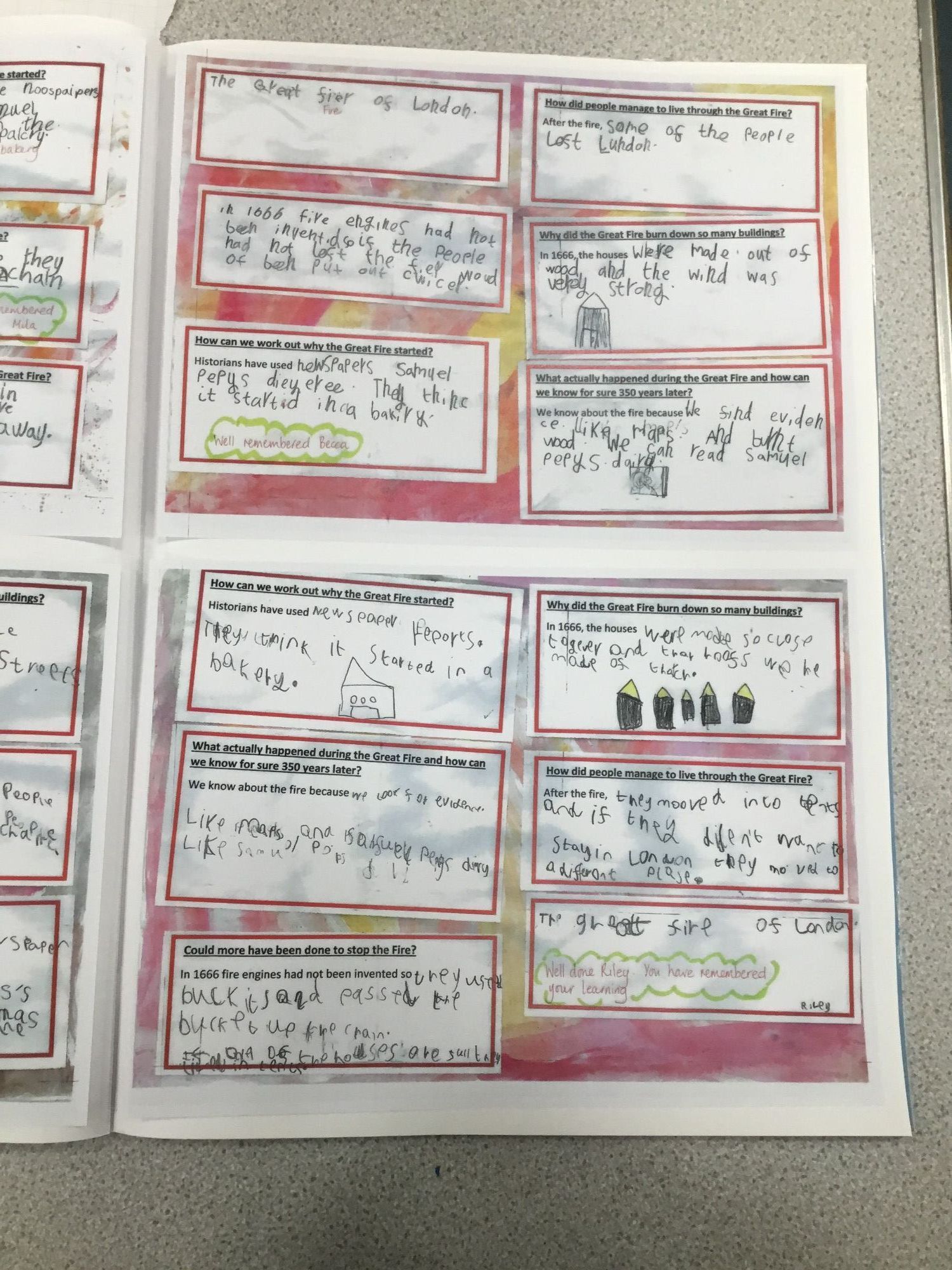
When and where did the first civilisations a appear? (revised unit 2022/23)
|
Why/ how was the ancient Egyptian civilisation both similar and different to other civilisations? ( revised 22/23)
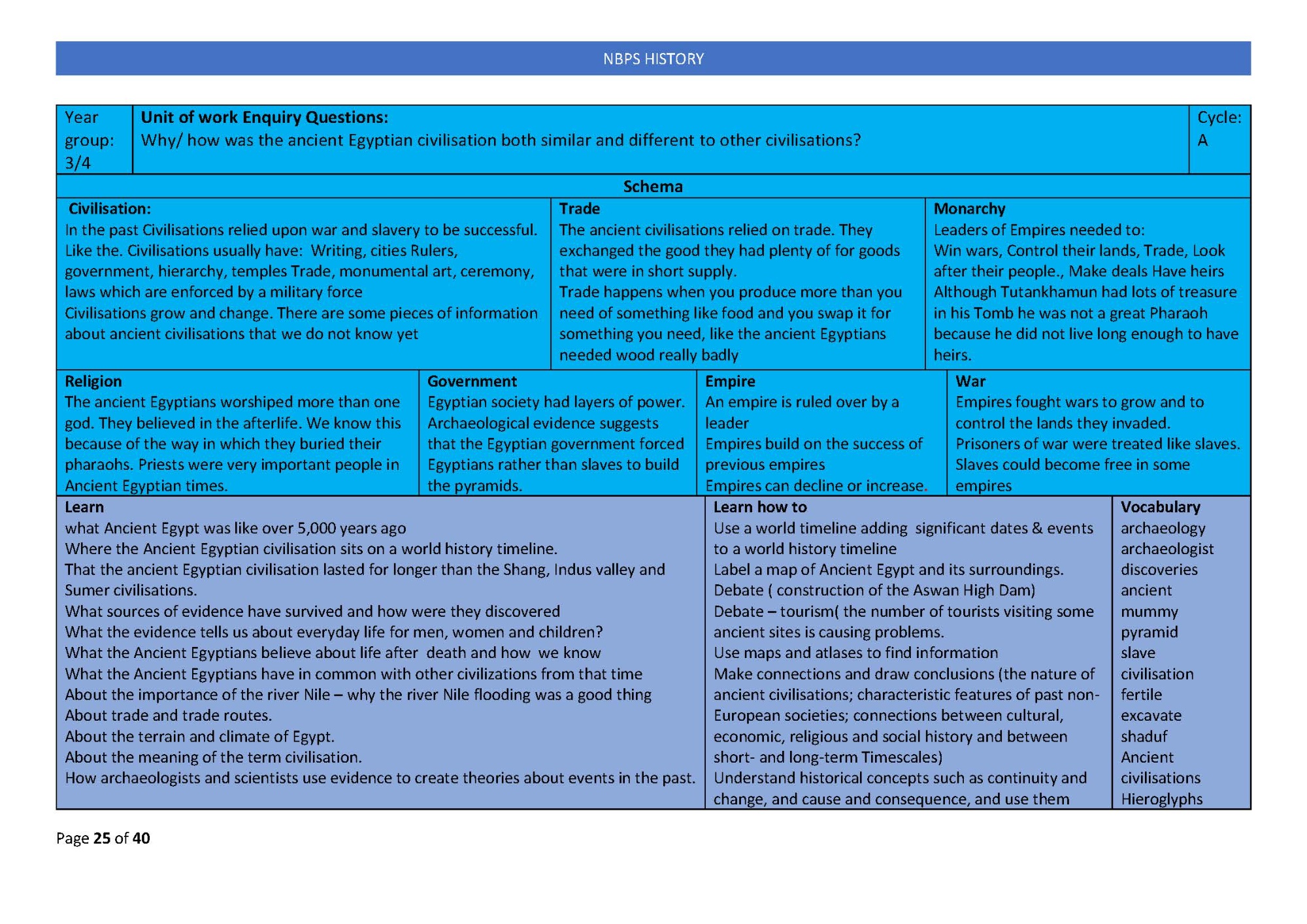
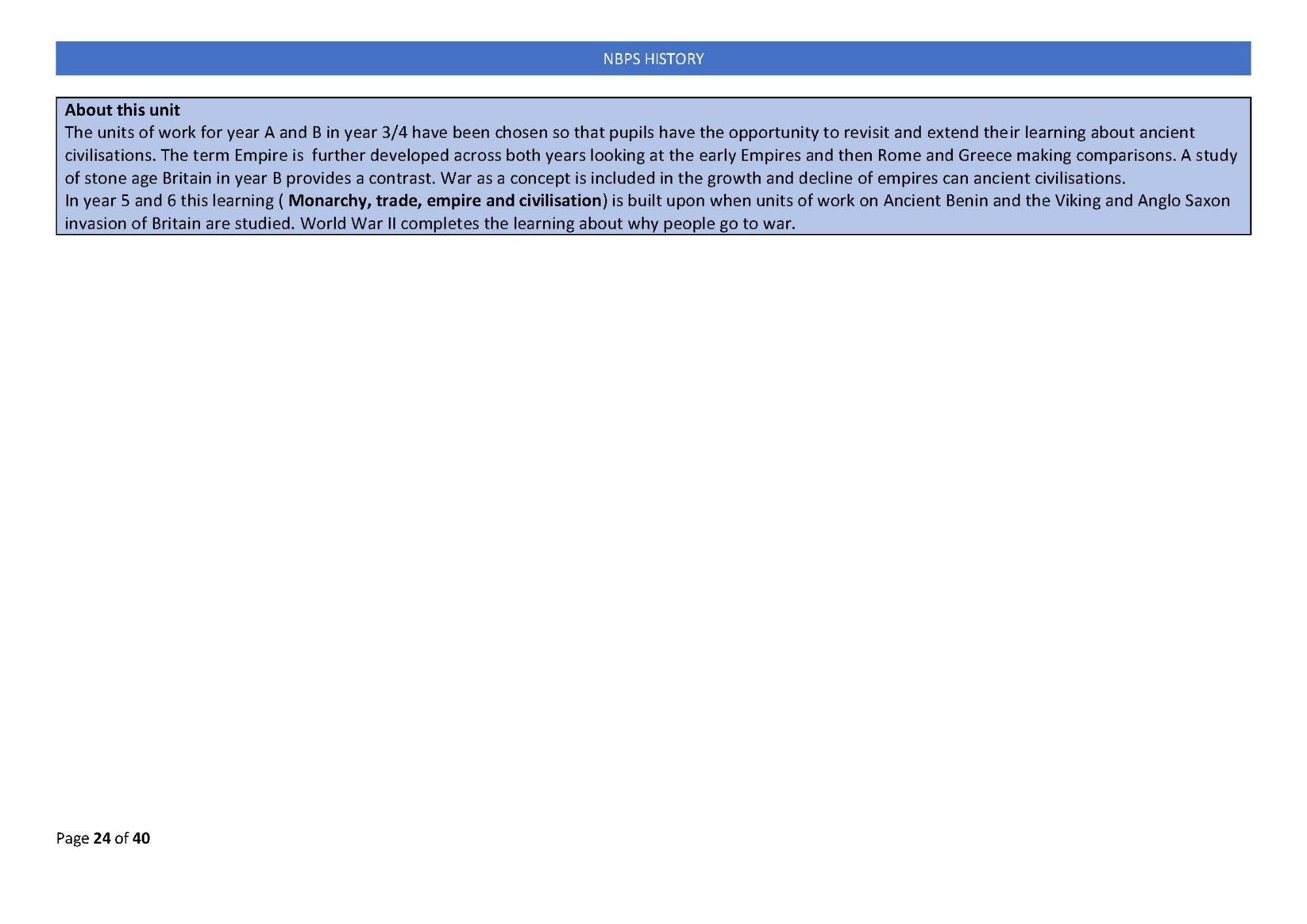
Was Stone Age man simply a hunter and gatherer, concerned only with survival? (revised unit 22/23)
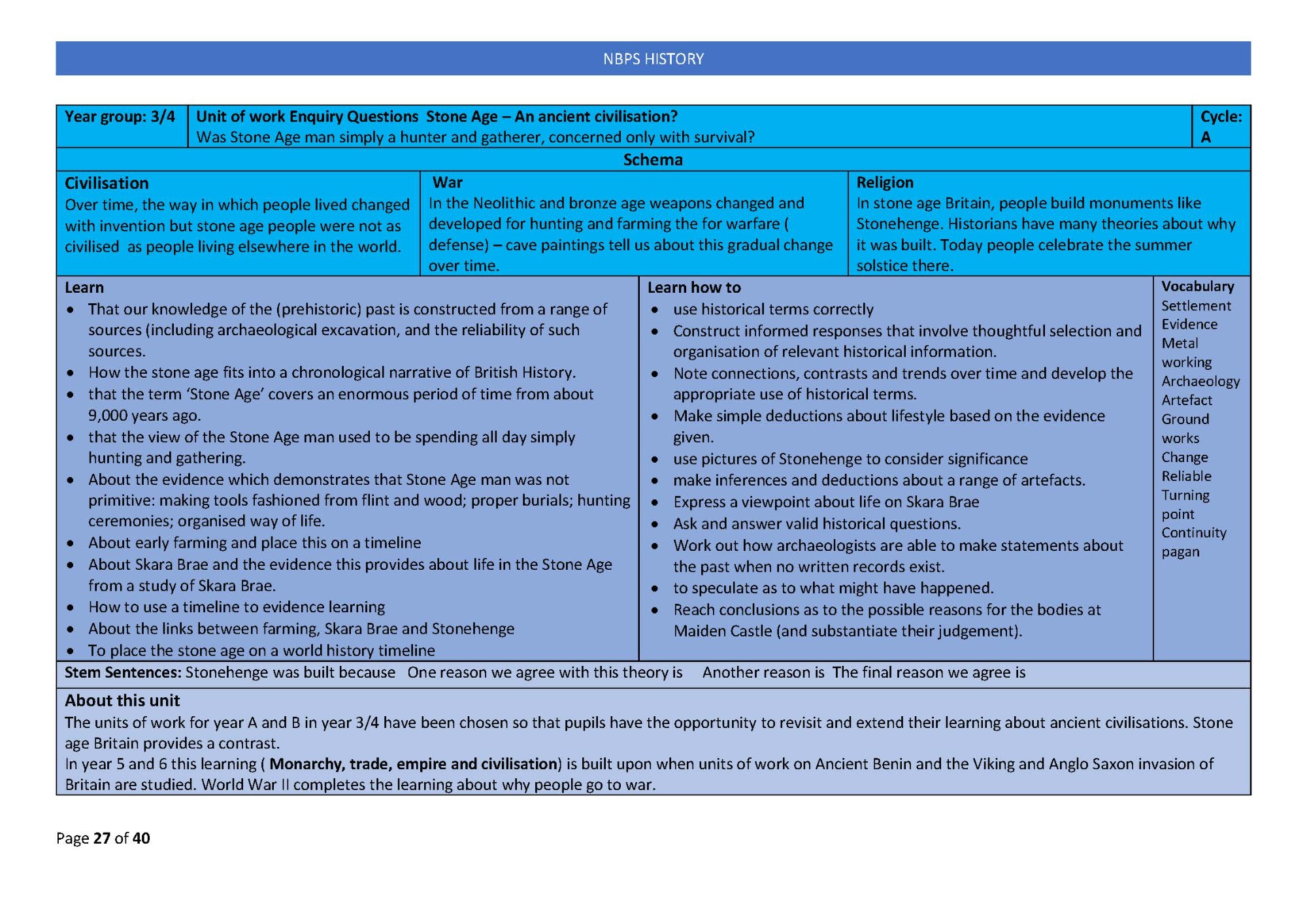
The Romans in Leicester and the uk How shall we tell the story of the first Black Britons in Britain? What do we know about the Roman army? (revised unit 22/23)
This unit was shortened in 2022/23 due to the death of the Queen and an opportunity to learn from alive performance about the Whitwick mining disaster which is studied in year 5 and 6. Elements not taught in the autumn term will be taught in the spring term.
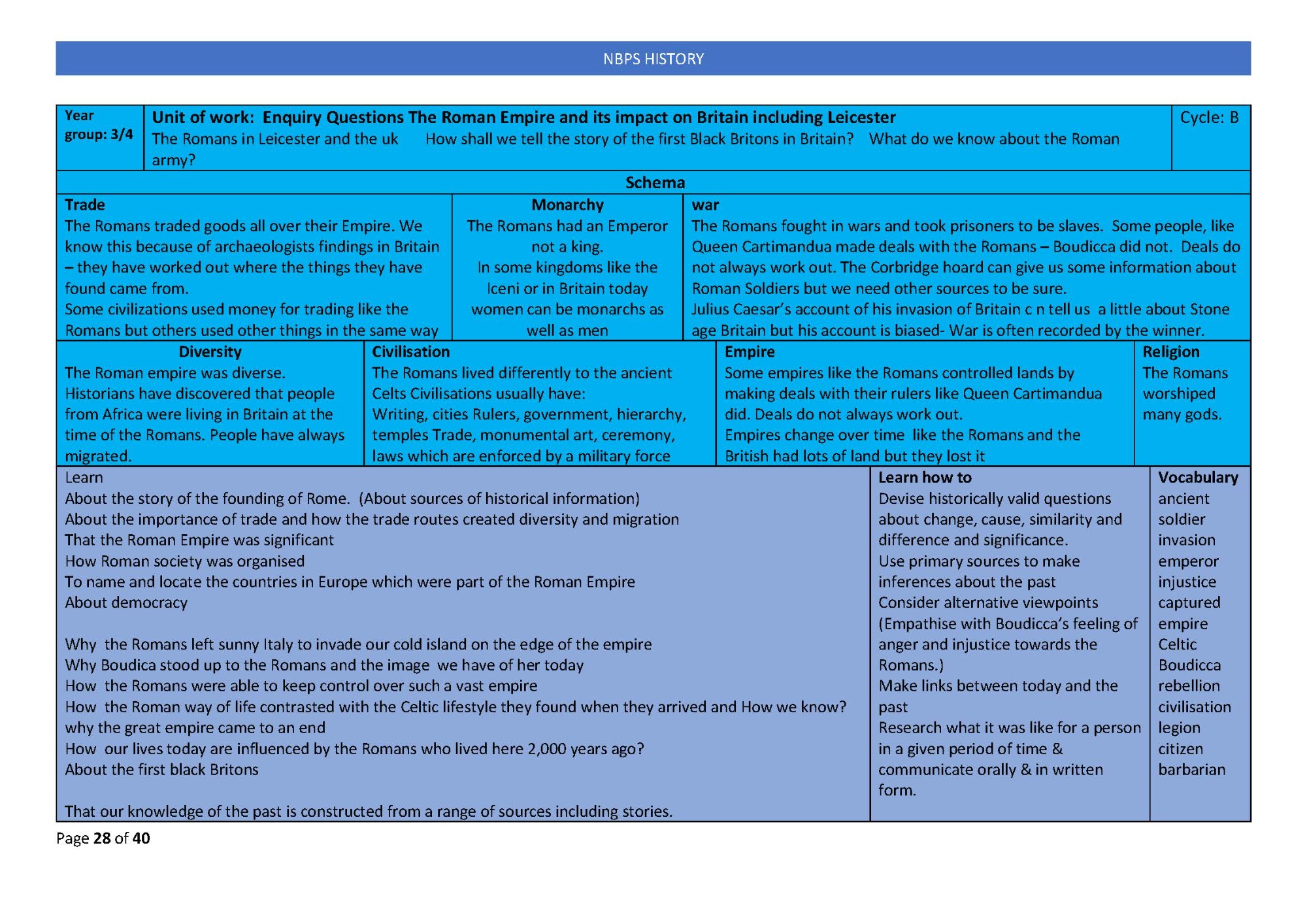
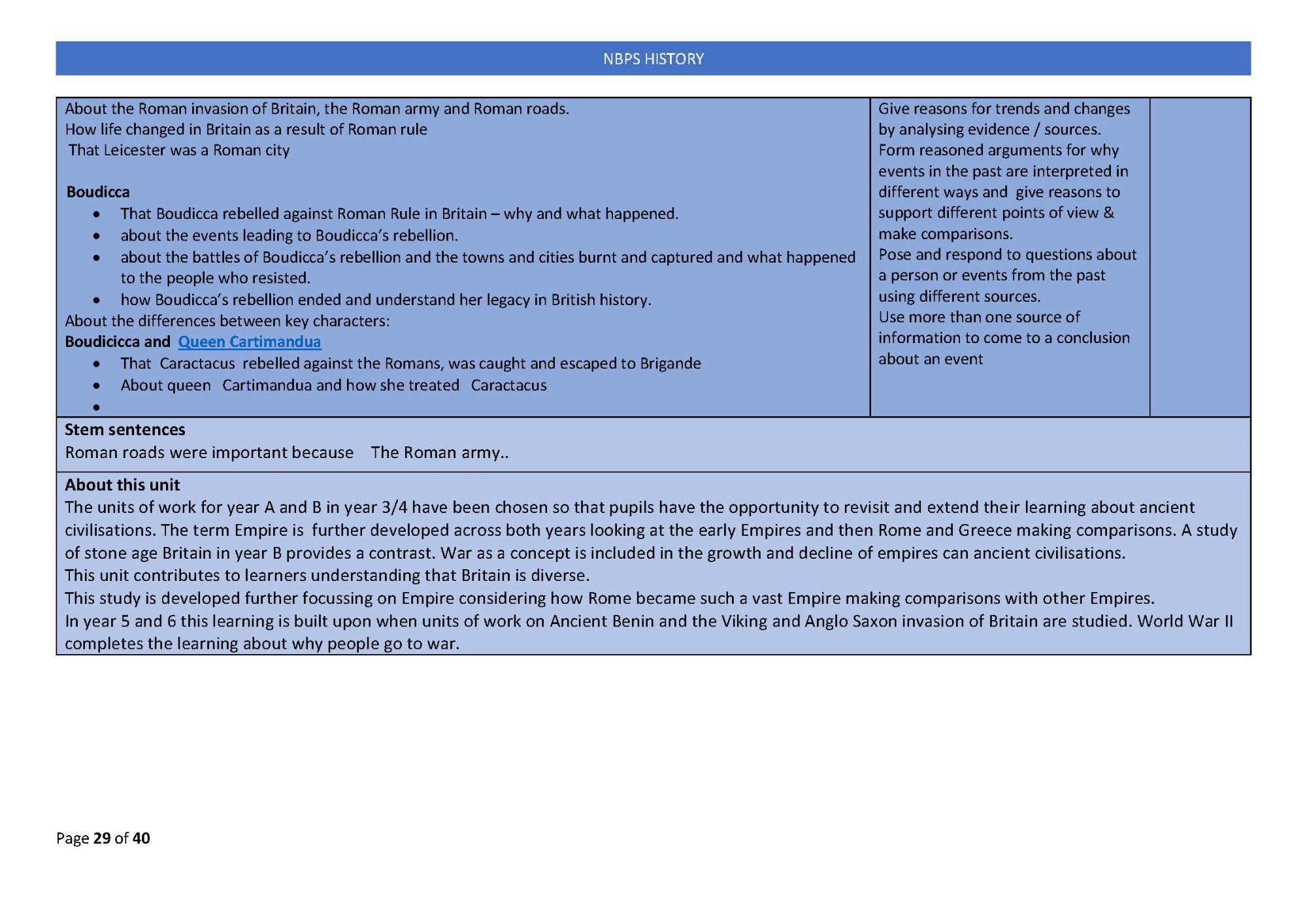
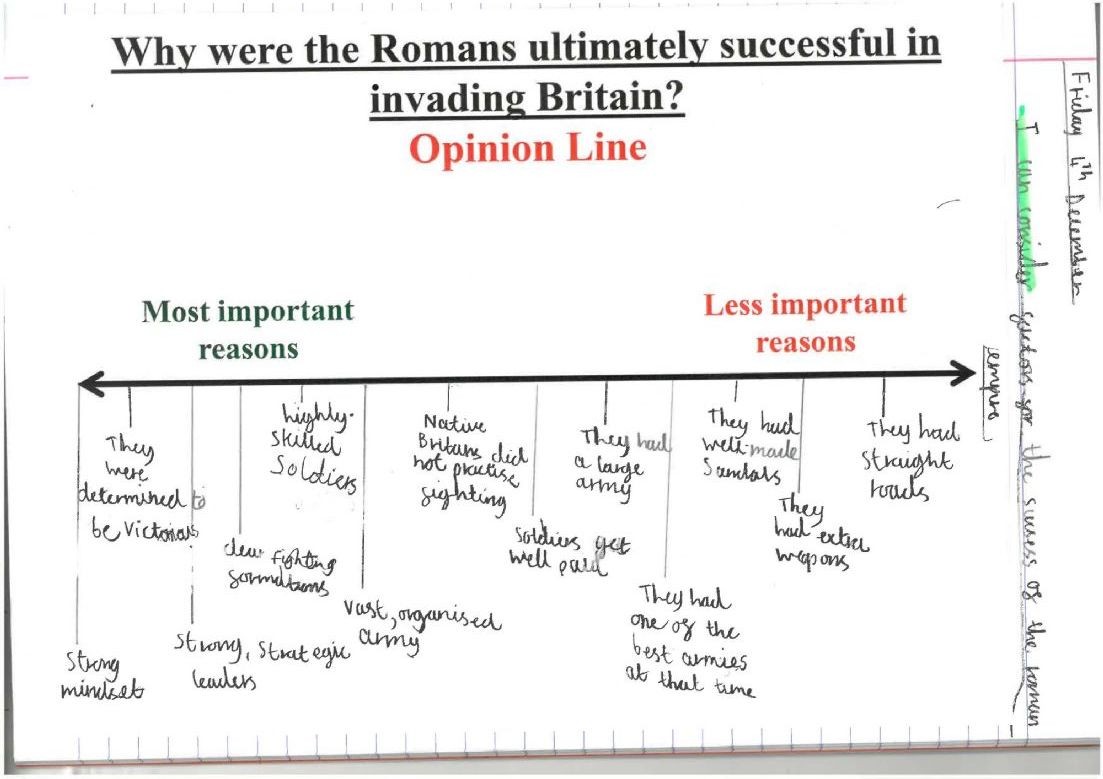
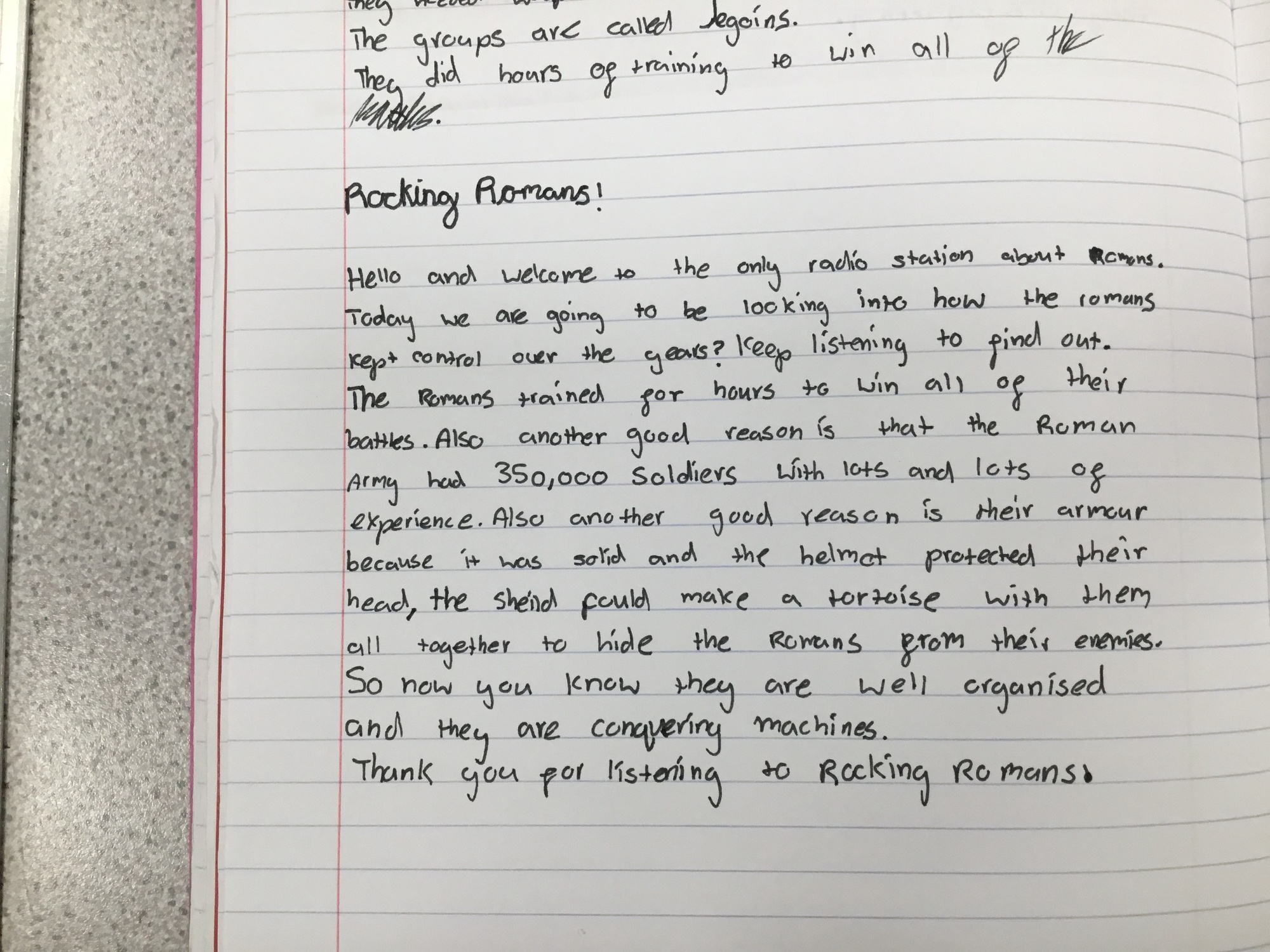
Did more unite the Ancient Greeks than divide it?(revised unit 22/23)
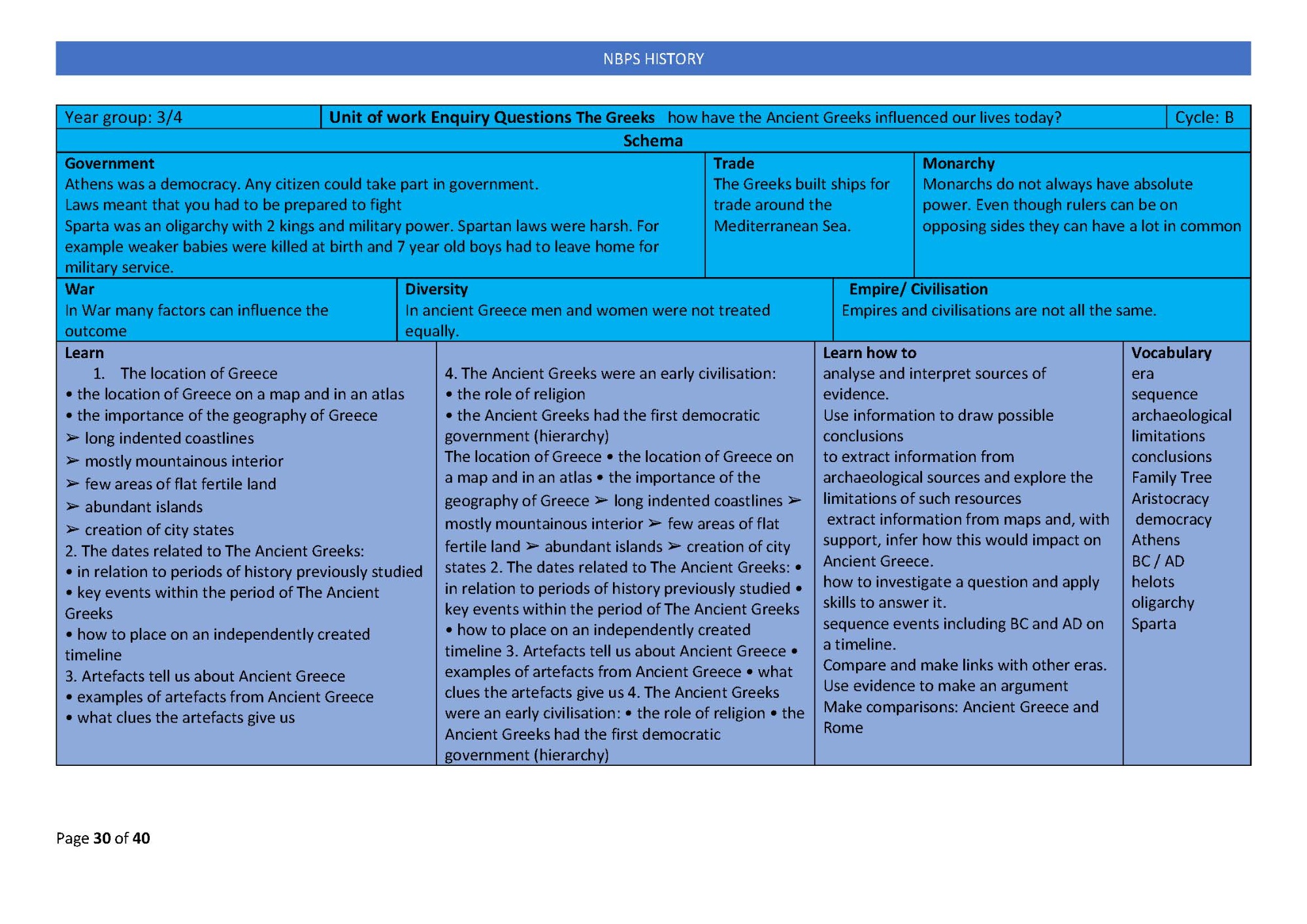
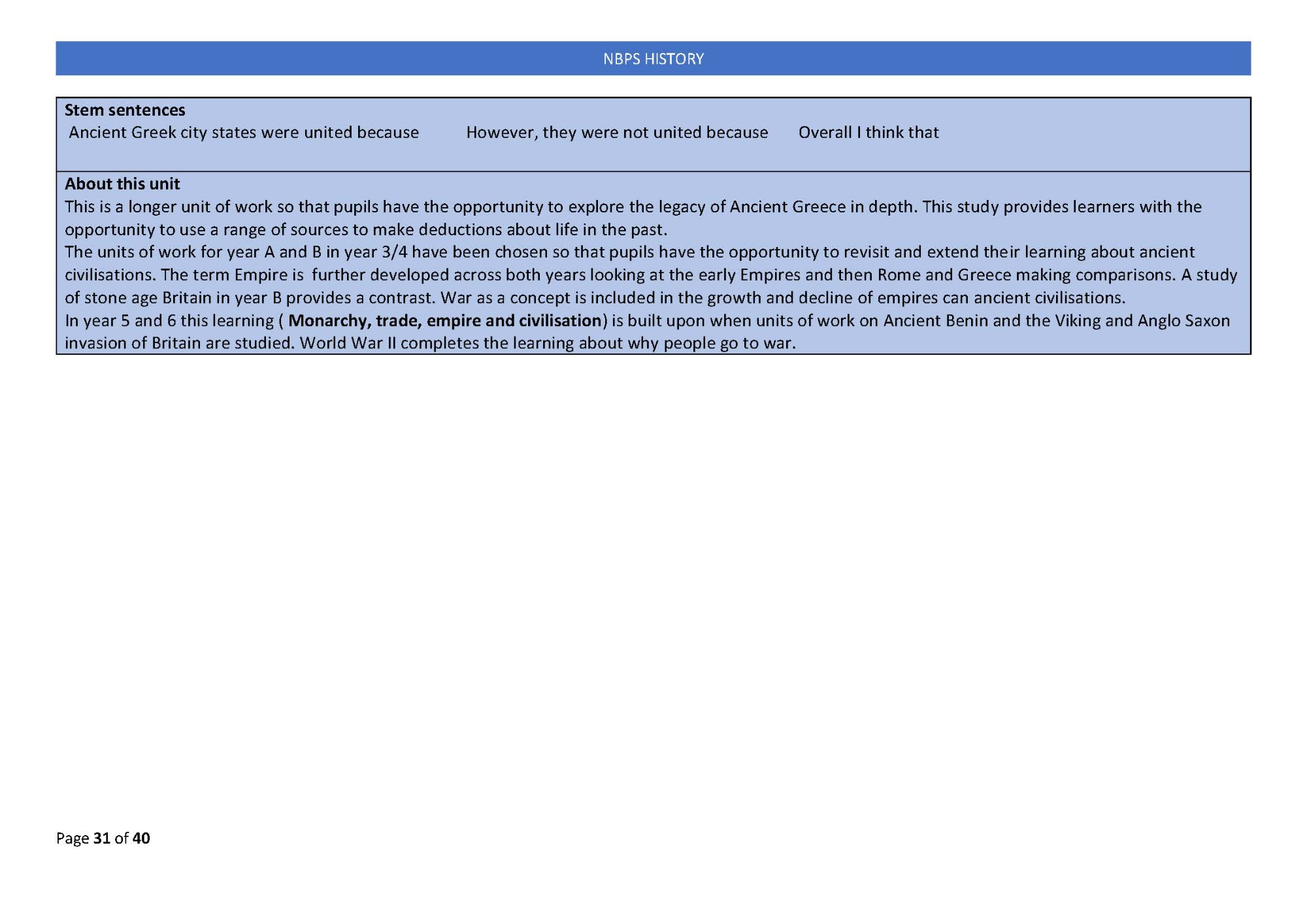
Was Richard III a hero or a villain? Why was he found in a car park? ( revised unit 22/23)
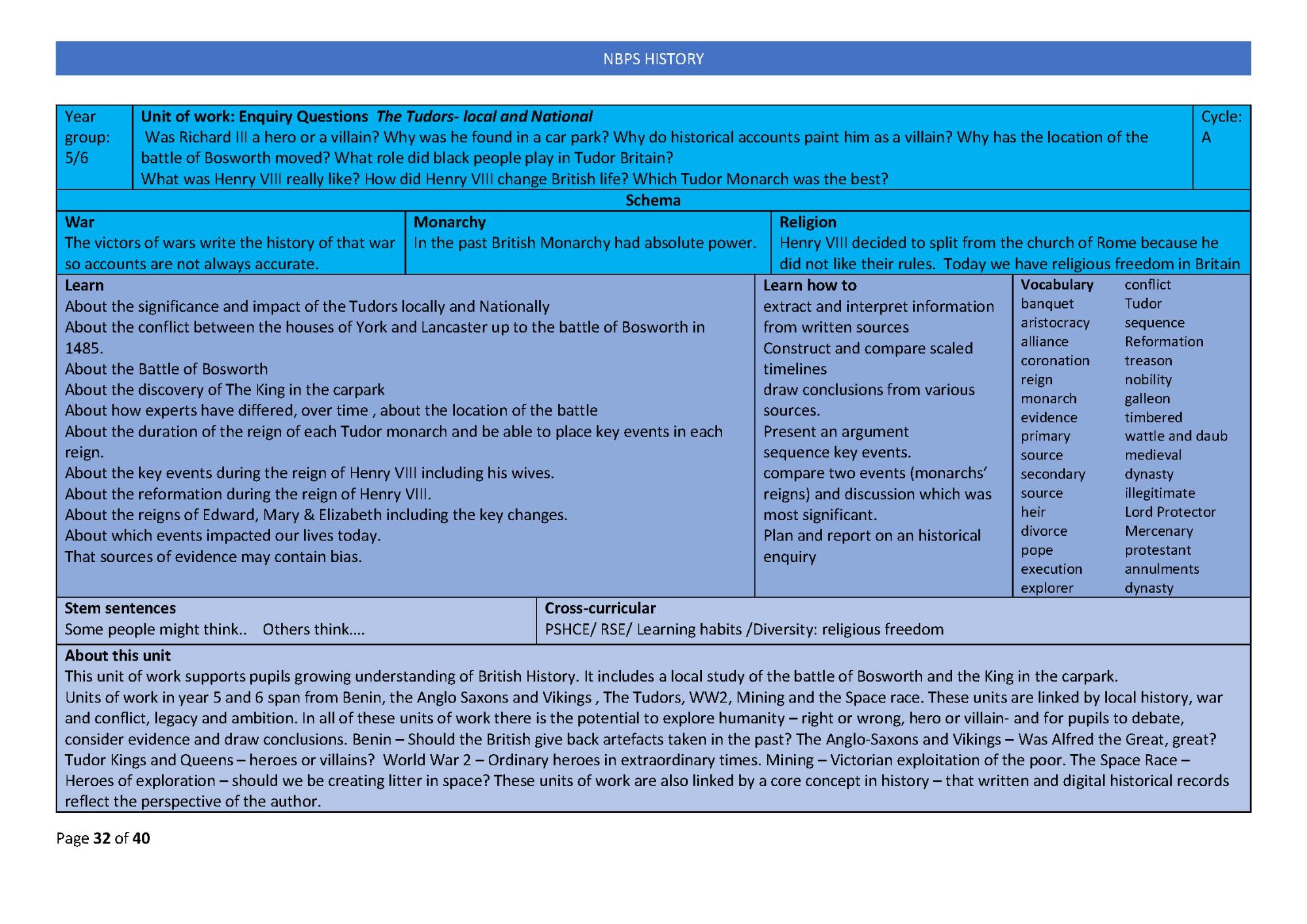
How did the world change because of World war II? (revised unit 22/23)
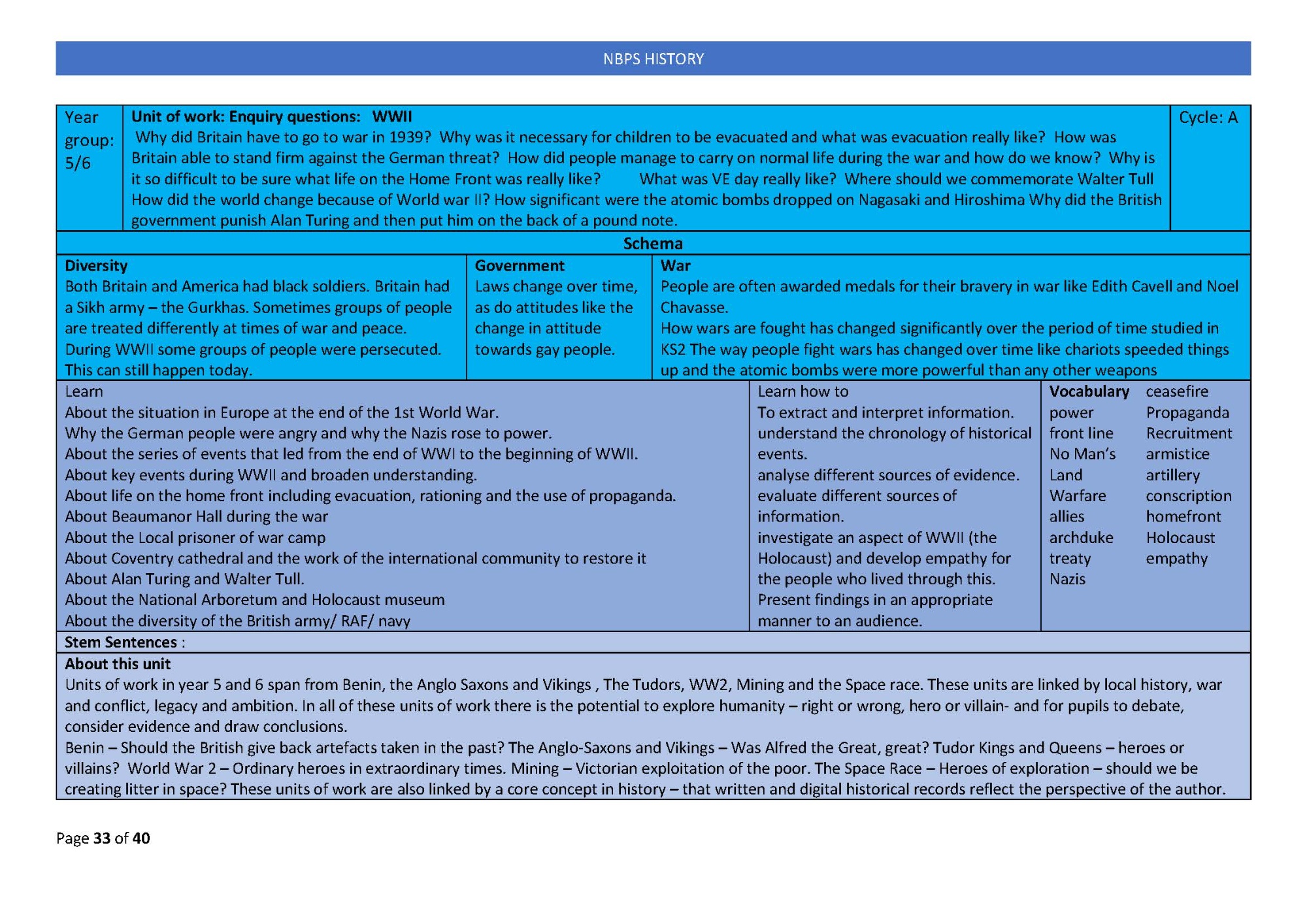
Why do we learn about Benin? (revised unit 22/23)
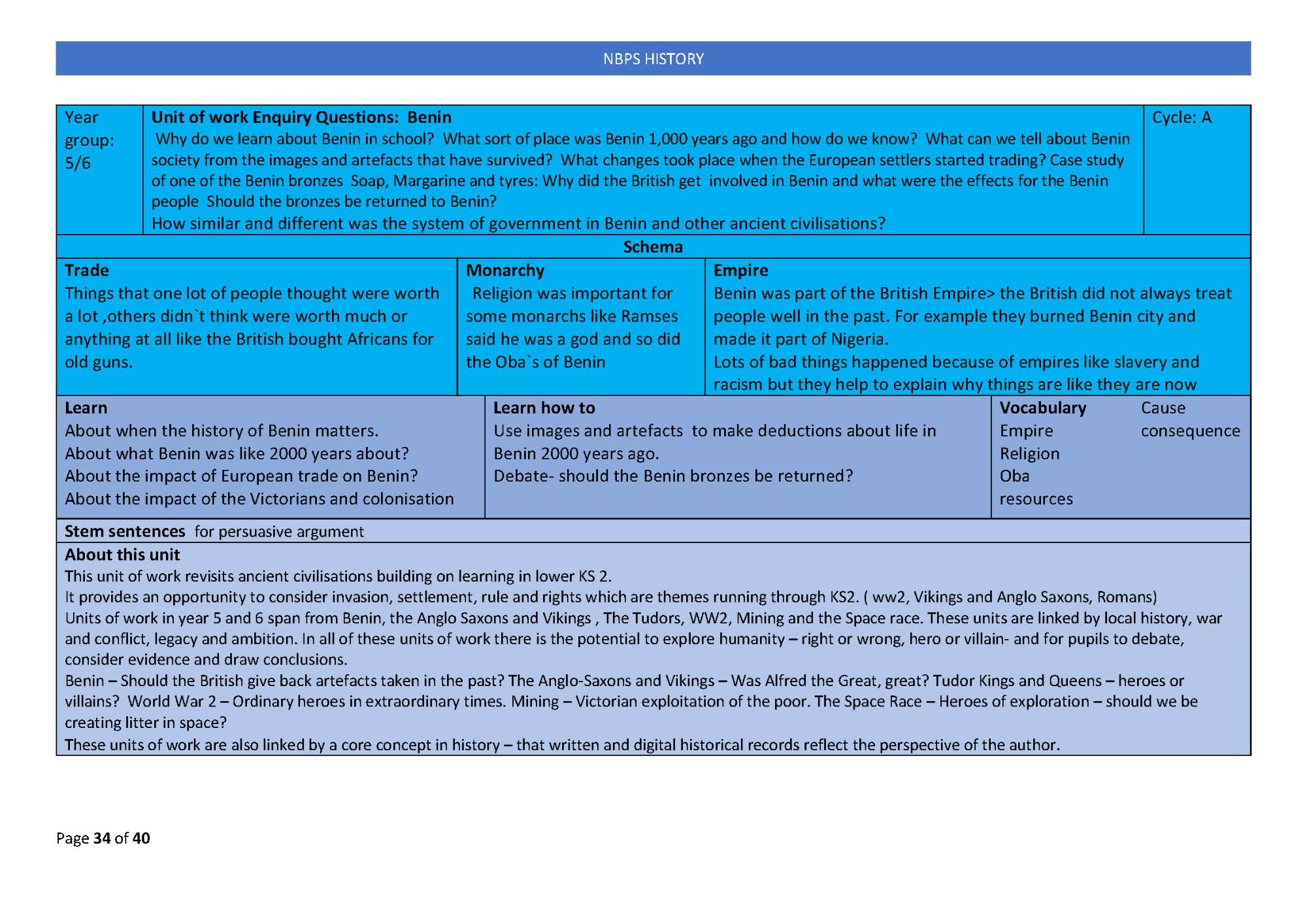
What evidence is there that the dark ages ( uncivilised) in Britain were not so dark after all? ( revised unit 22/23)
This unit of work was shortened due to the death of the Queen in 2023.
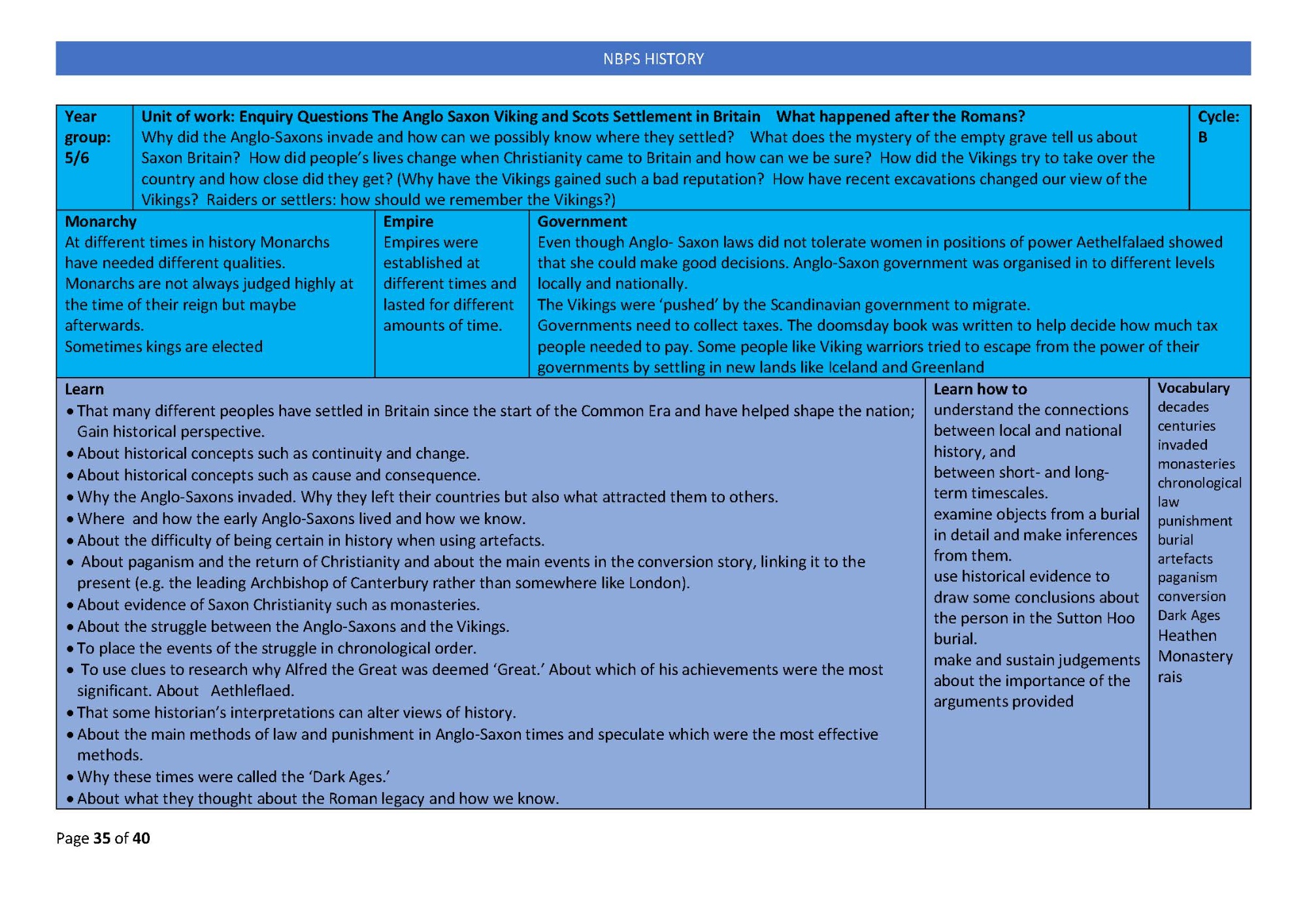
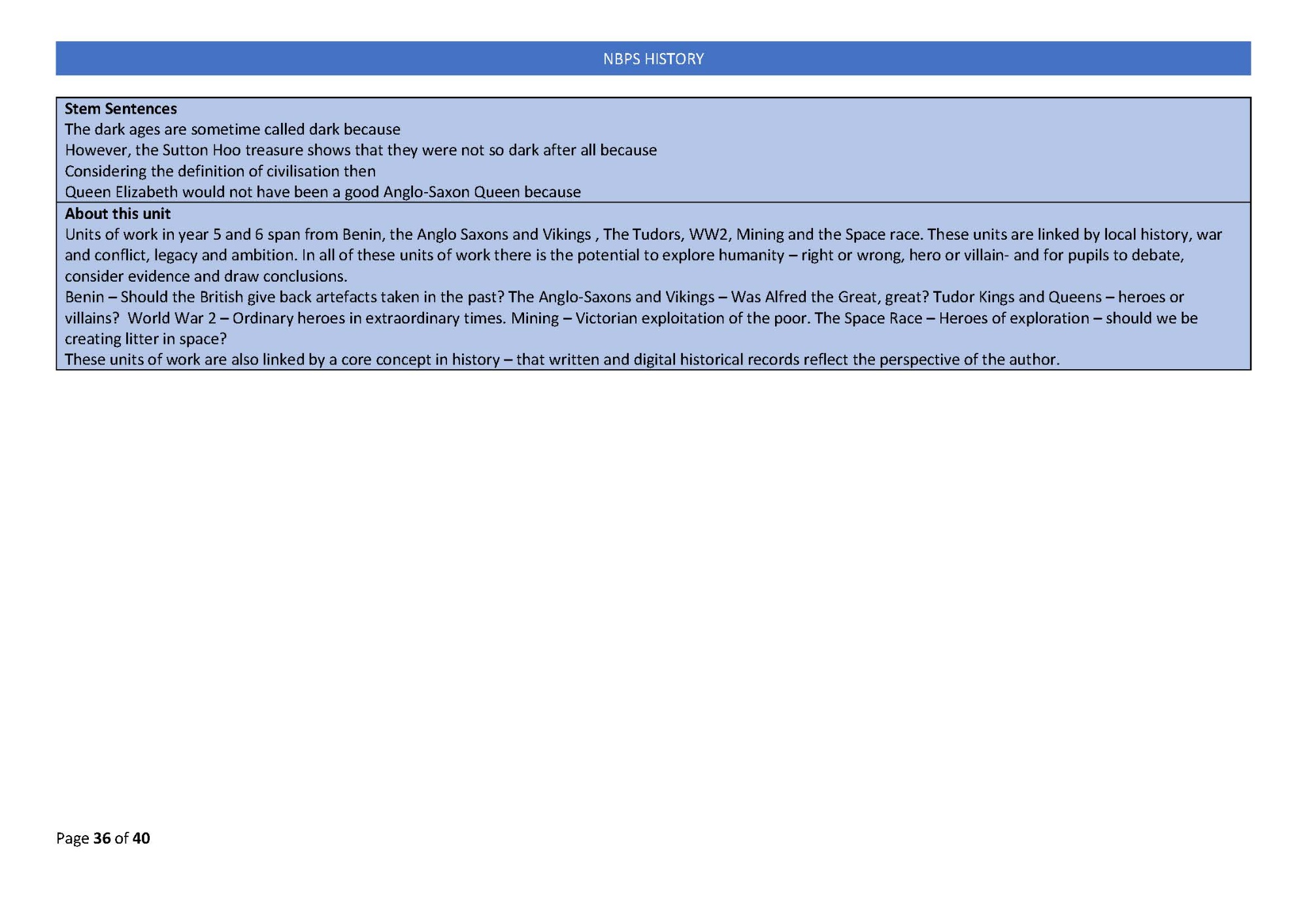
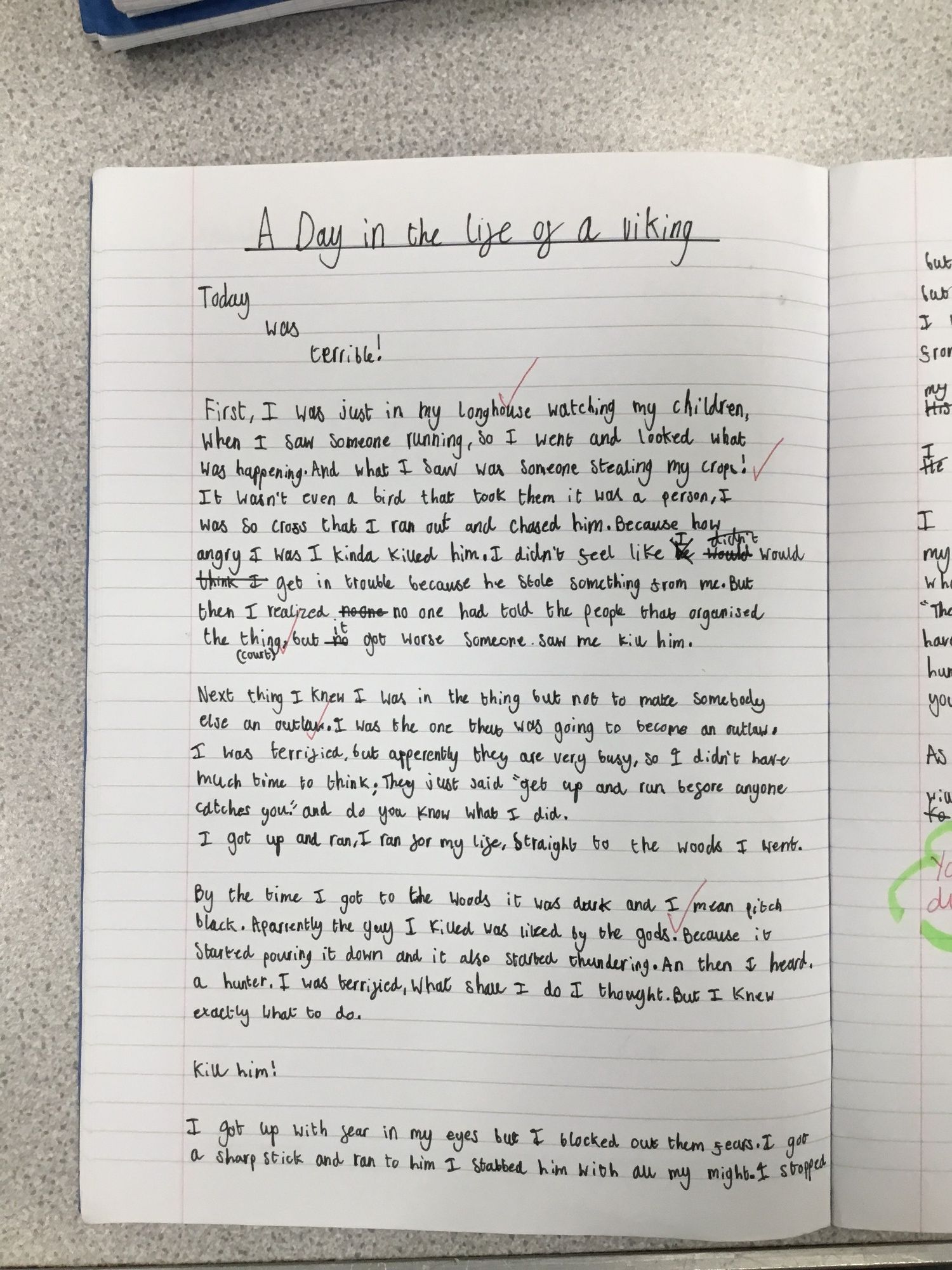
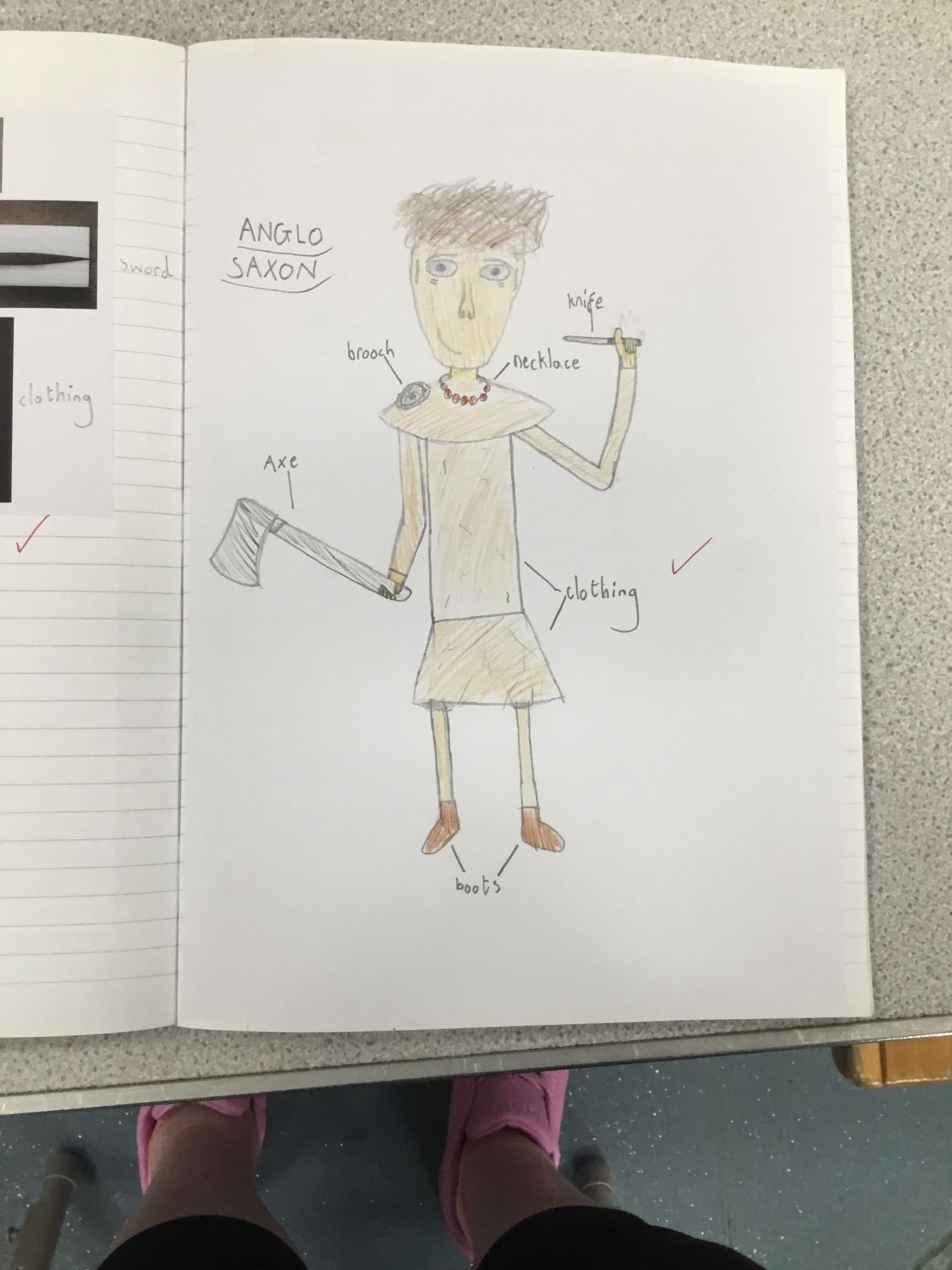
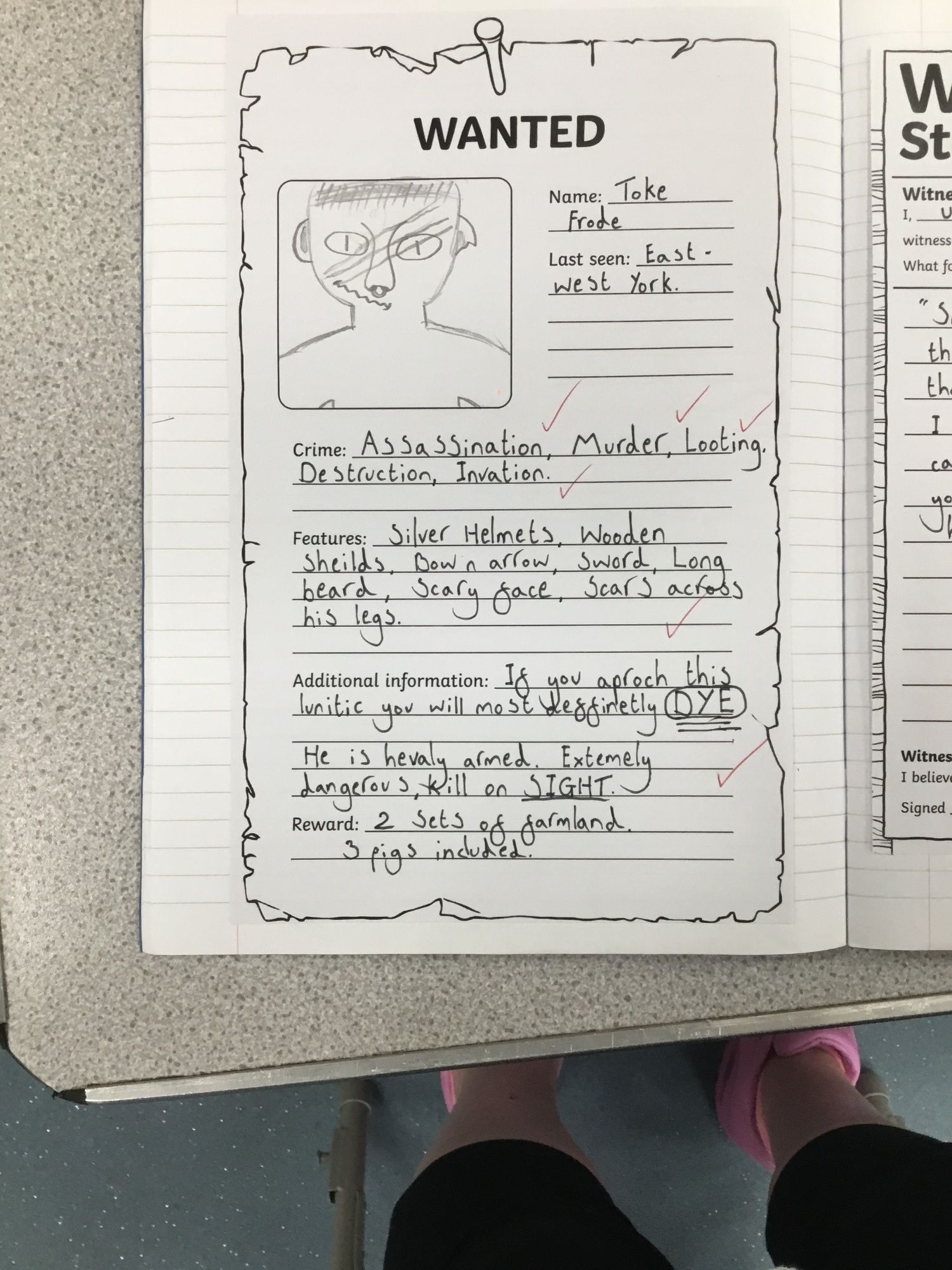
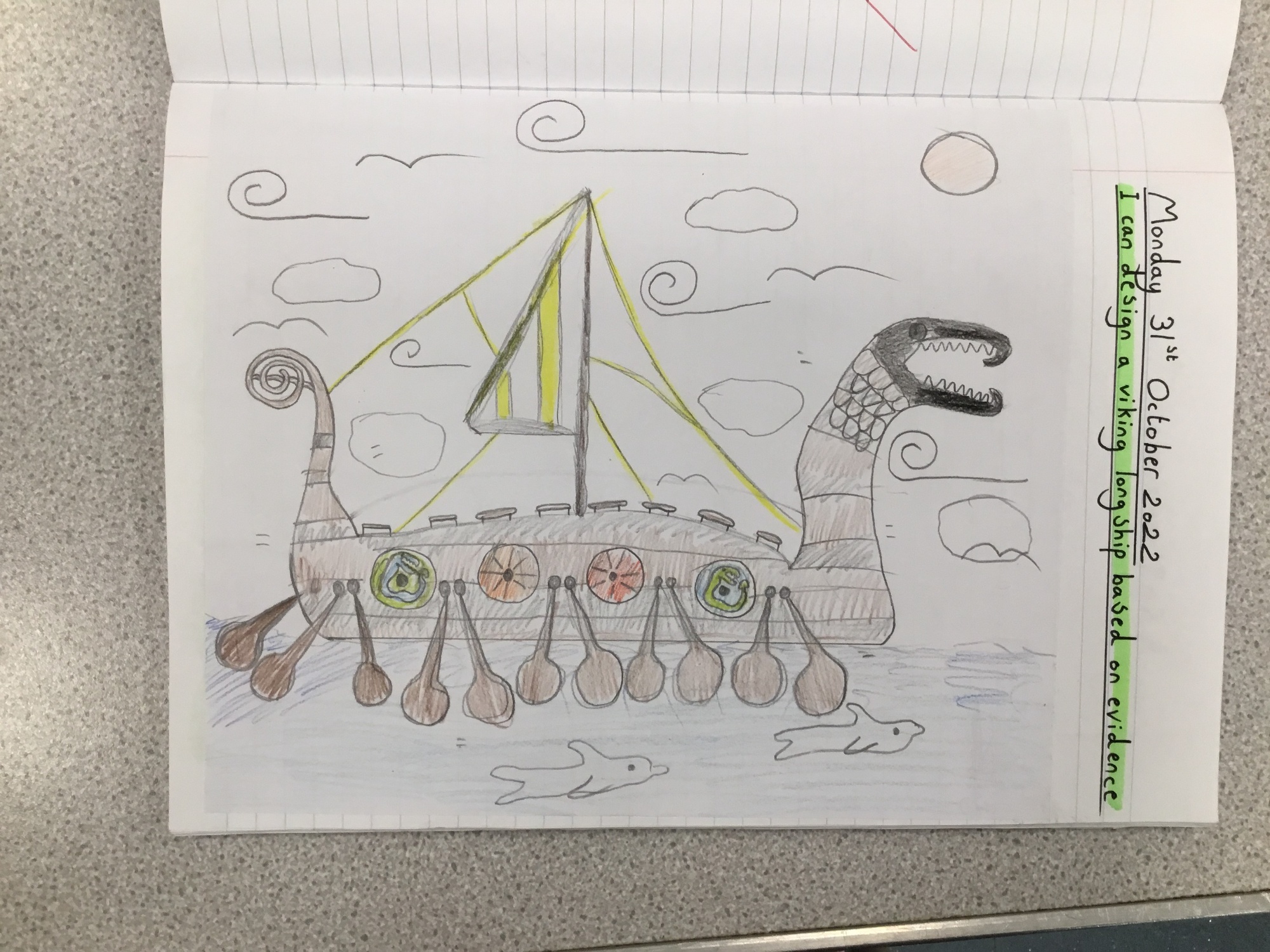
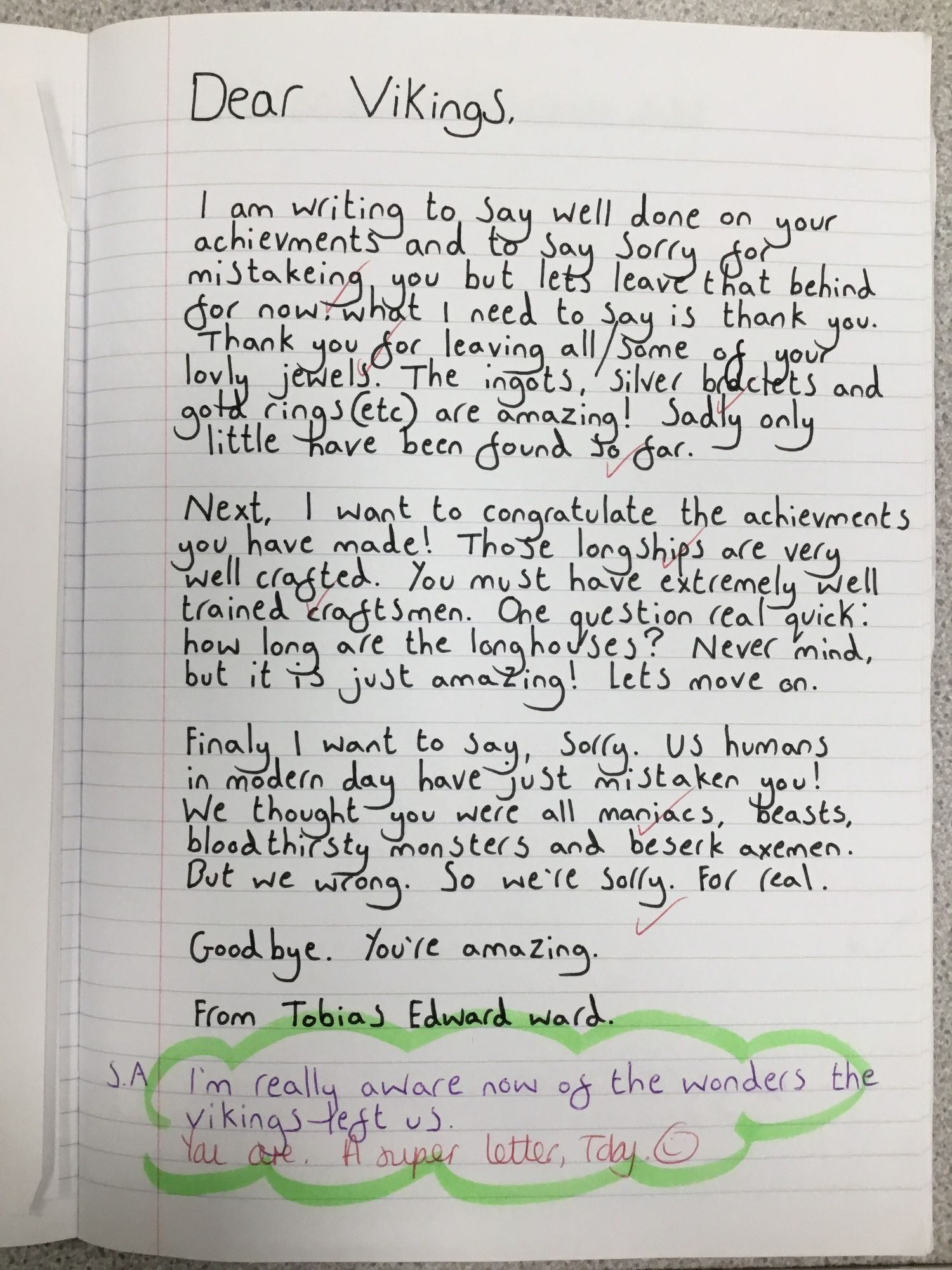
Why did so many people die in the Whitwick mining disaster? ( revised 2022/23)
To take advantage of a live theatre production about the disaster in 2022/23 class 3 and 4 enjoyed a brief introduction to this aspect of local history. It will be studied in depth in year 5 and 6.
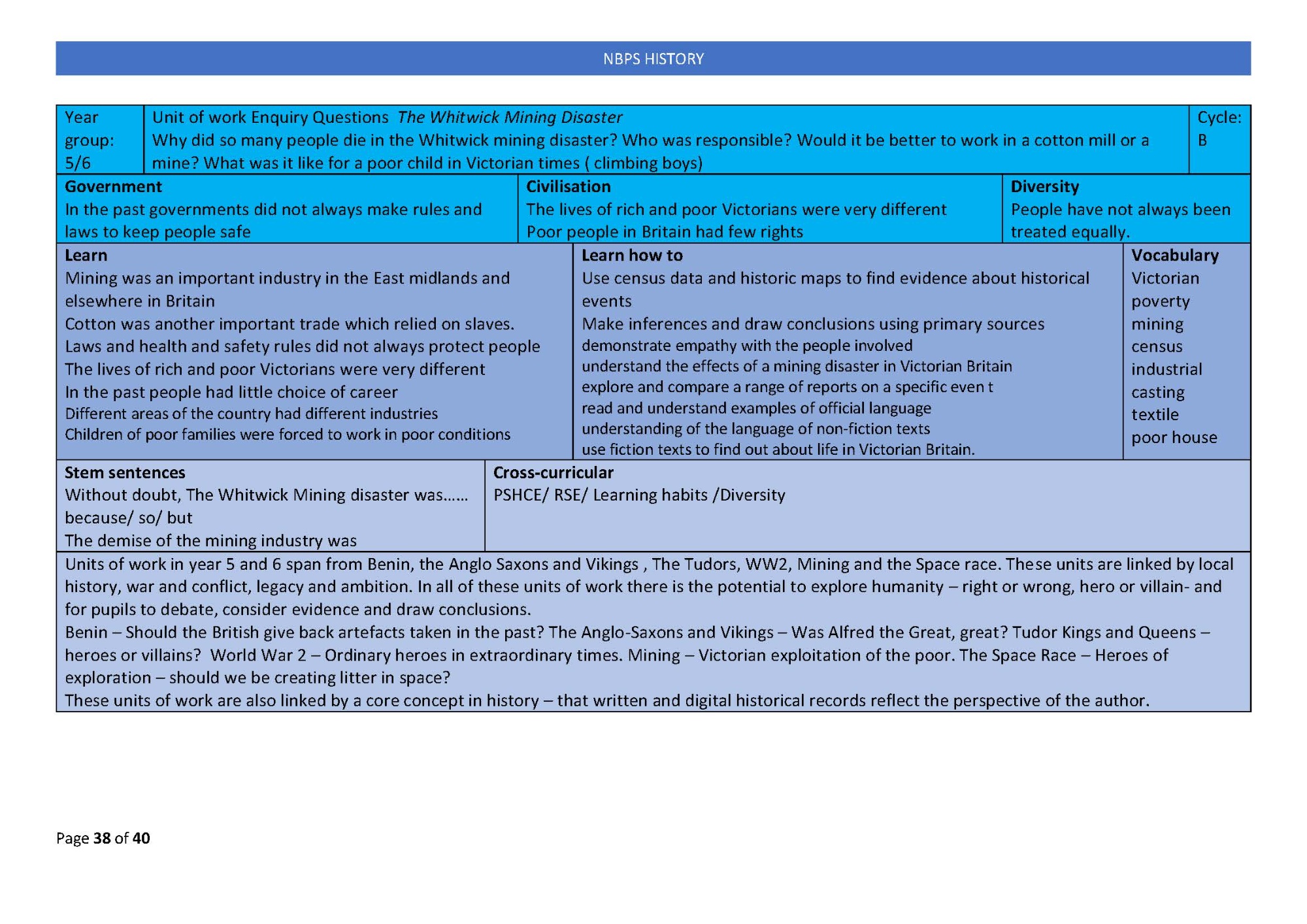
World war i - year 5 and 6
Class 4 lead us in an act of remembrance. This year ( 2020) we also wrote poetry after reading Michael Morpurgo's fantastic novel Private Peaceful. We developed vocabulary and thought carefully about use of syntax (word order) and enjambment (carrying sentences over onto a new line) to place emphasis on particular words in our poetry.
In this unit of work learners:
-
Select and combine information from different sources
- Describe and make links between main events, situations and changes within and across different periods and societies
- Identify and give reasons for, results of, historical events, situations, changes
- Identify historically significant people and events
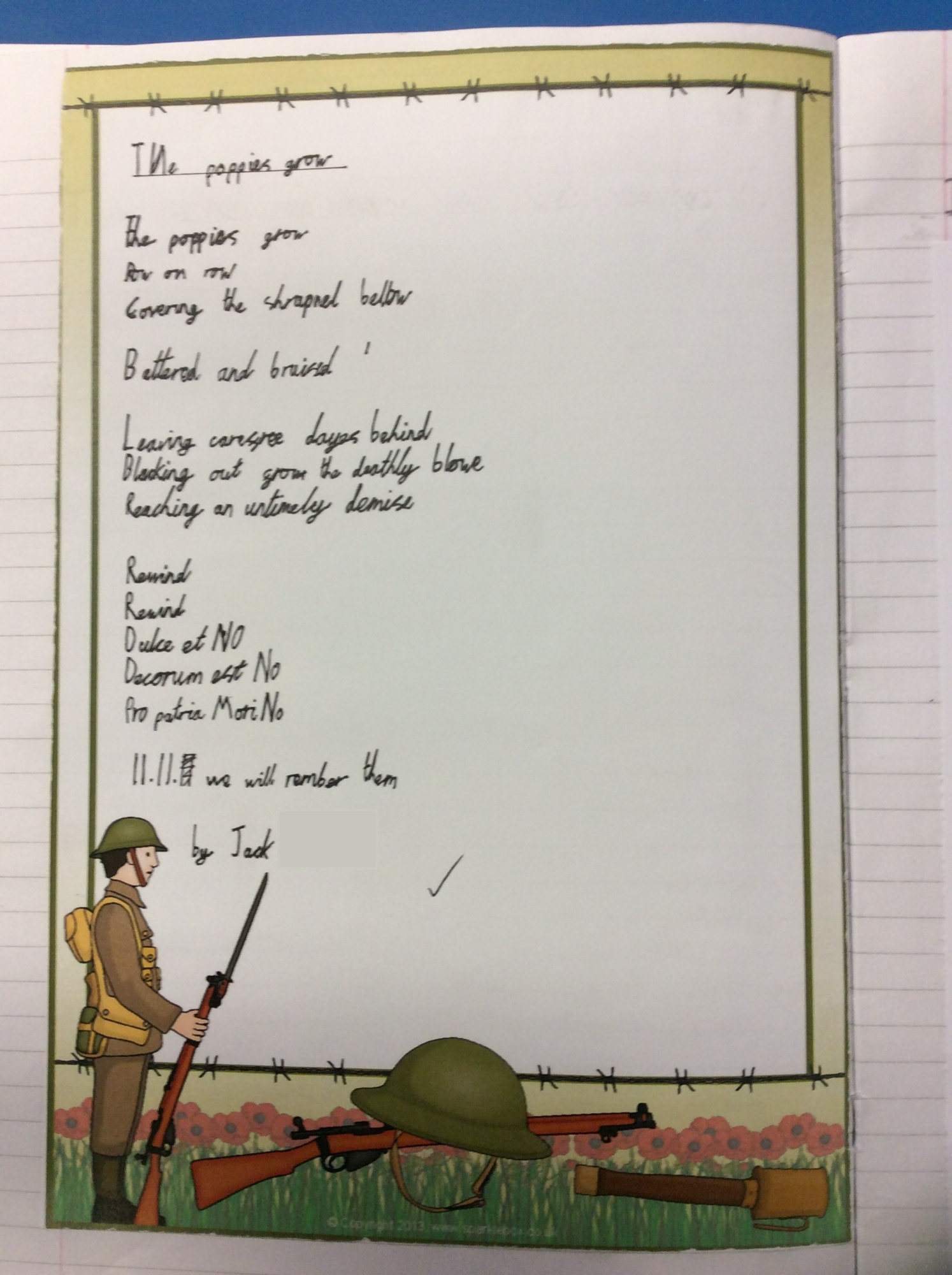
Harvey drafted, edited and redrafted again until he was happy with the syntax in his piece.
Theme: Locality, Legacy, Conflict, Beliefs, British Values

